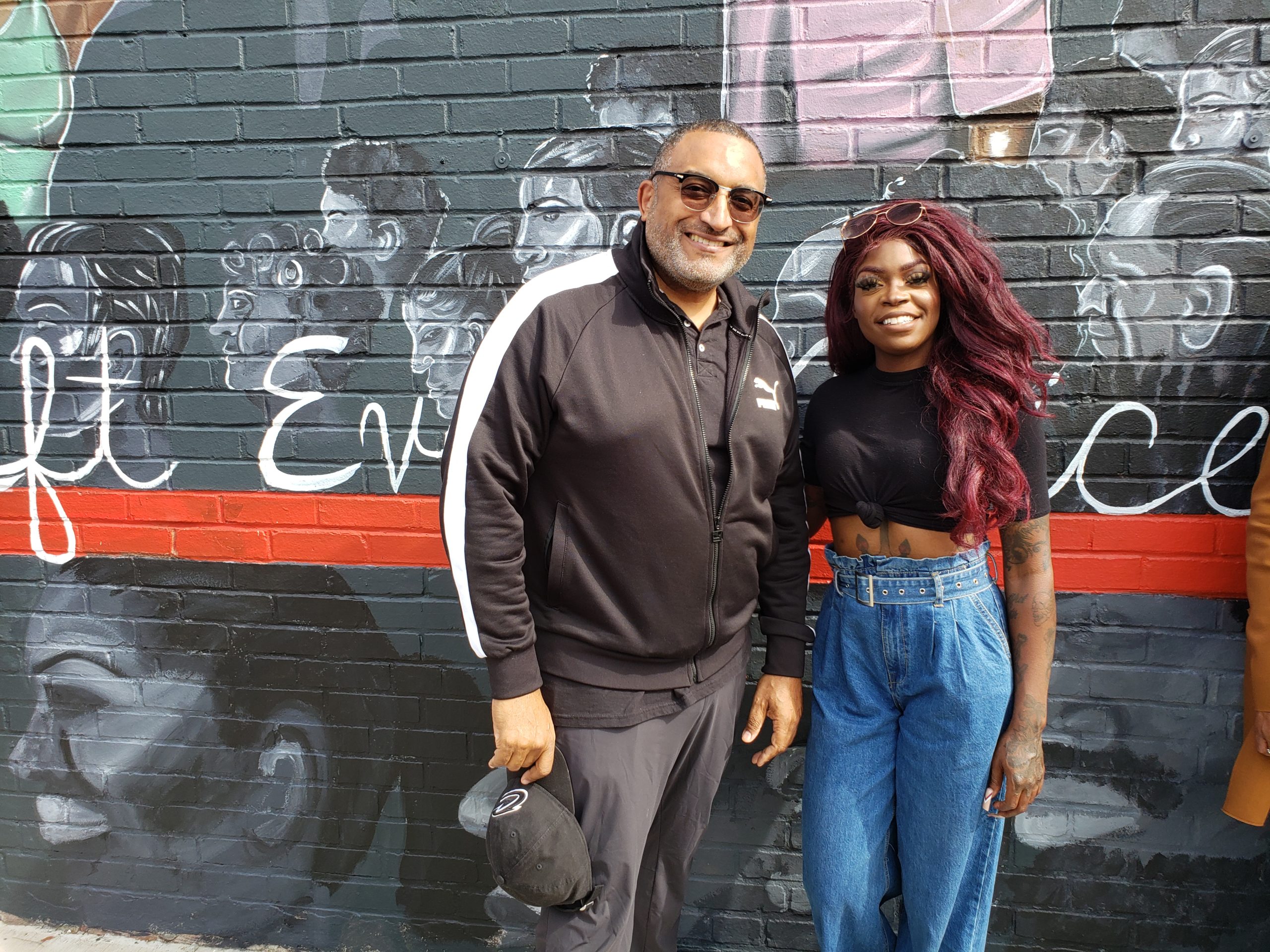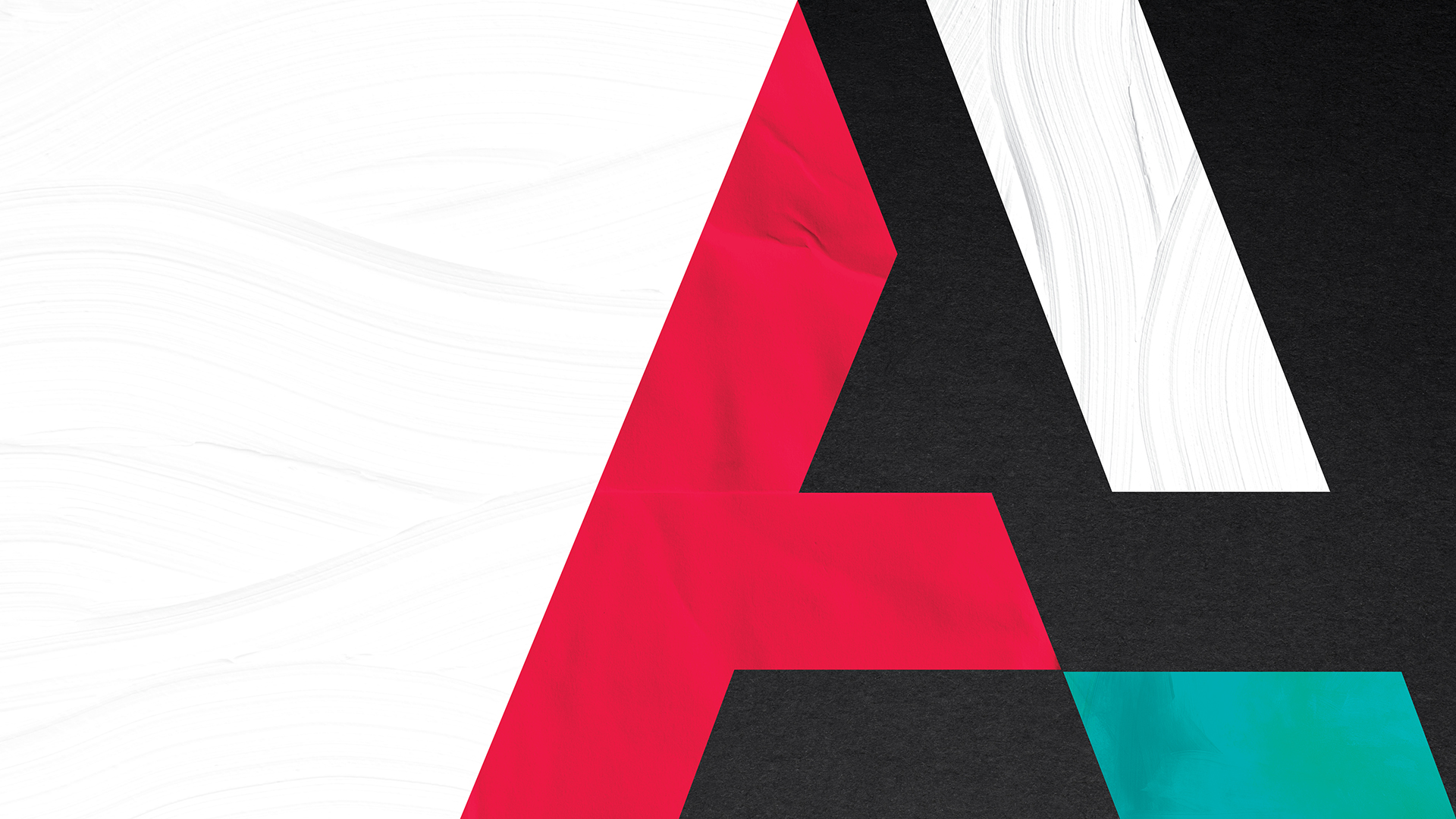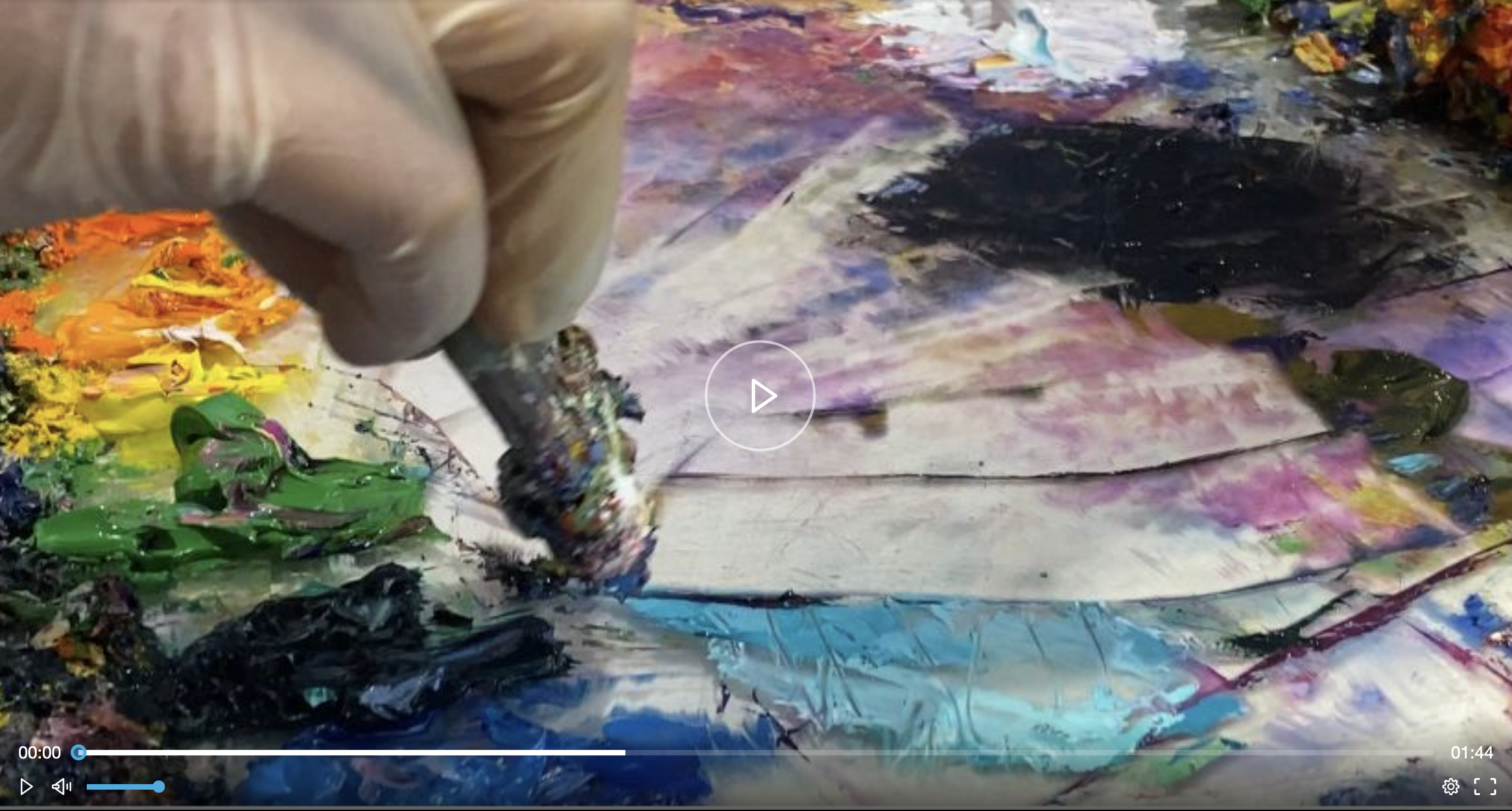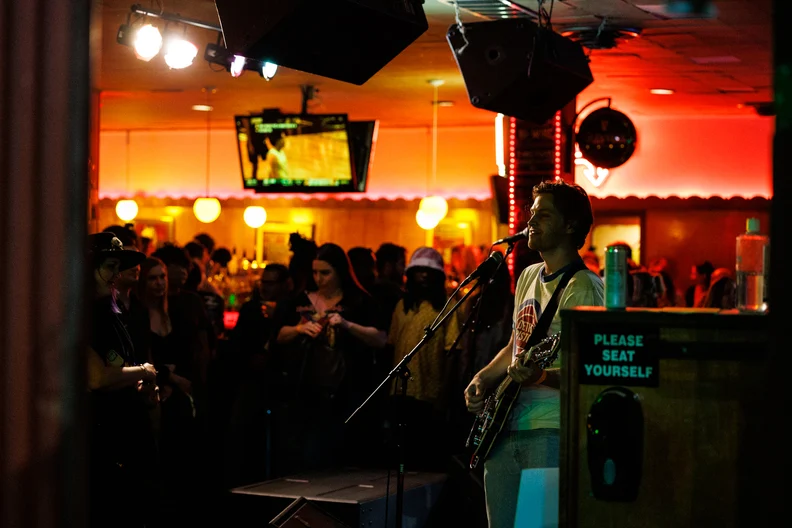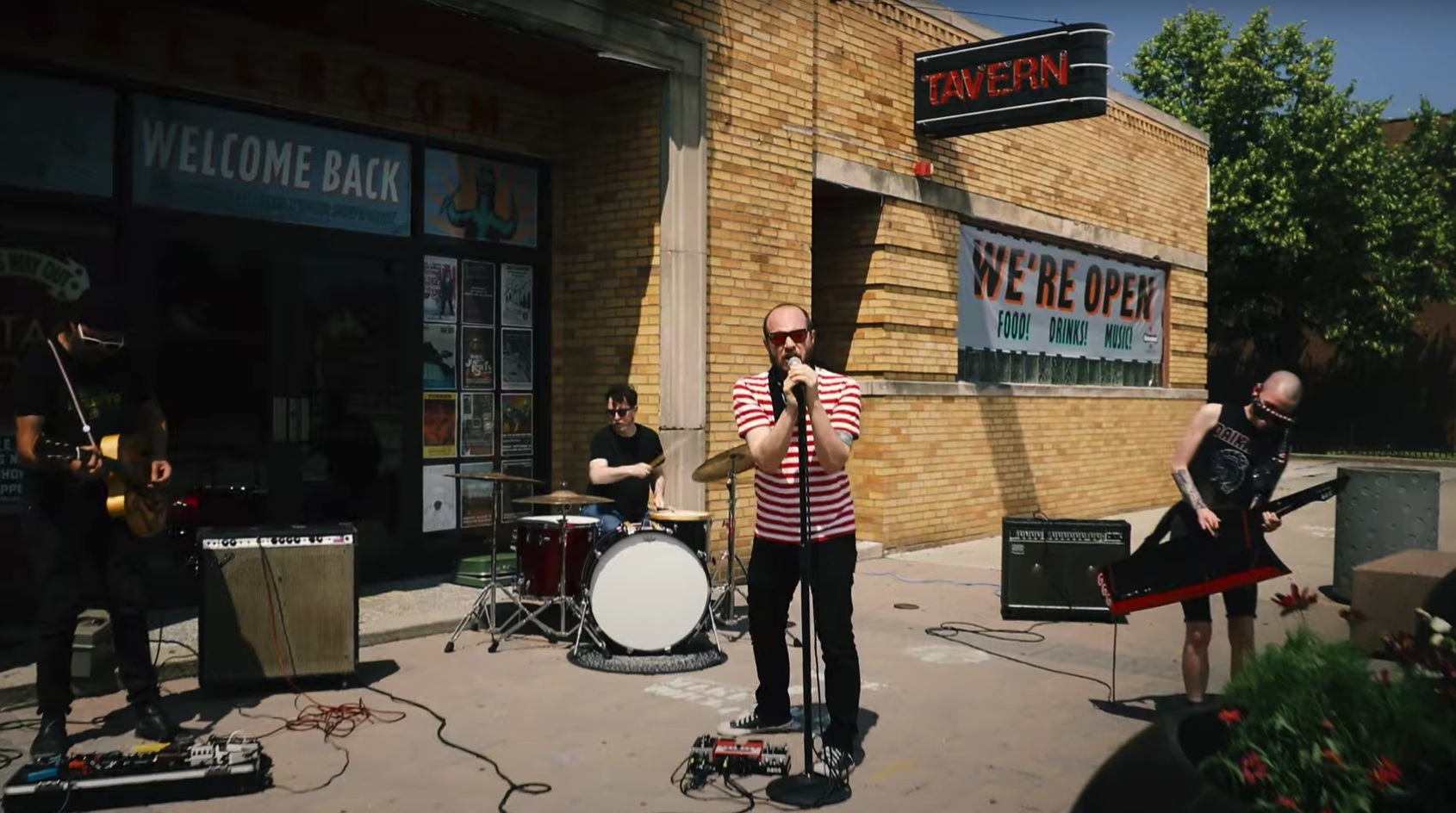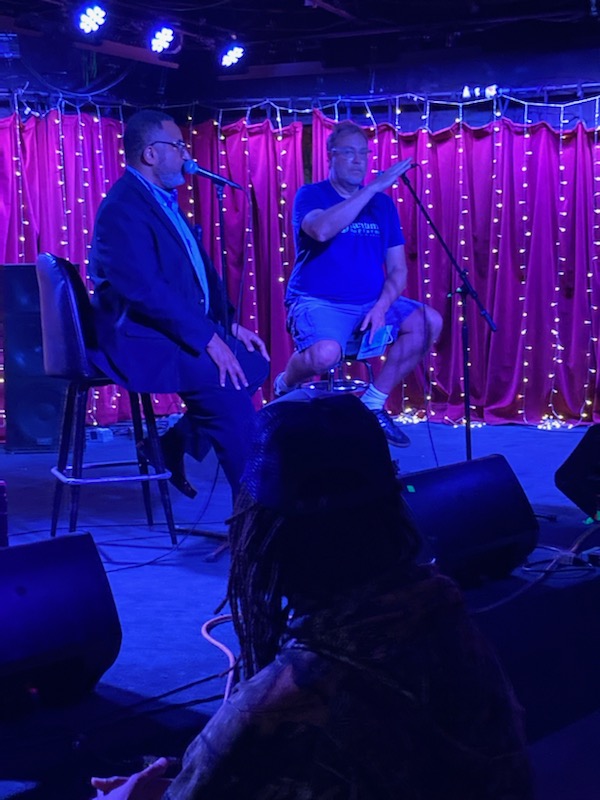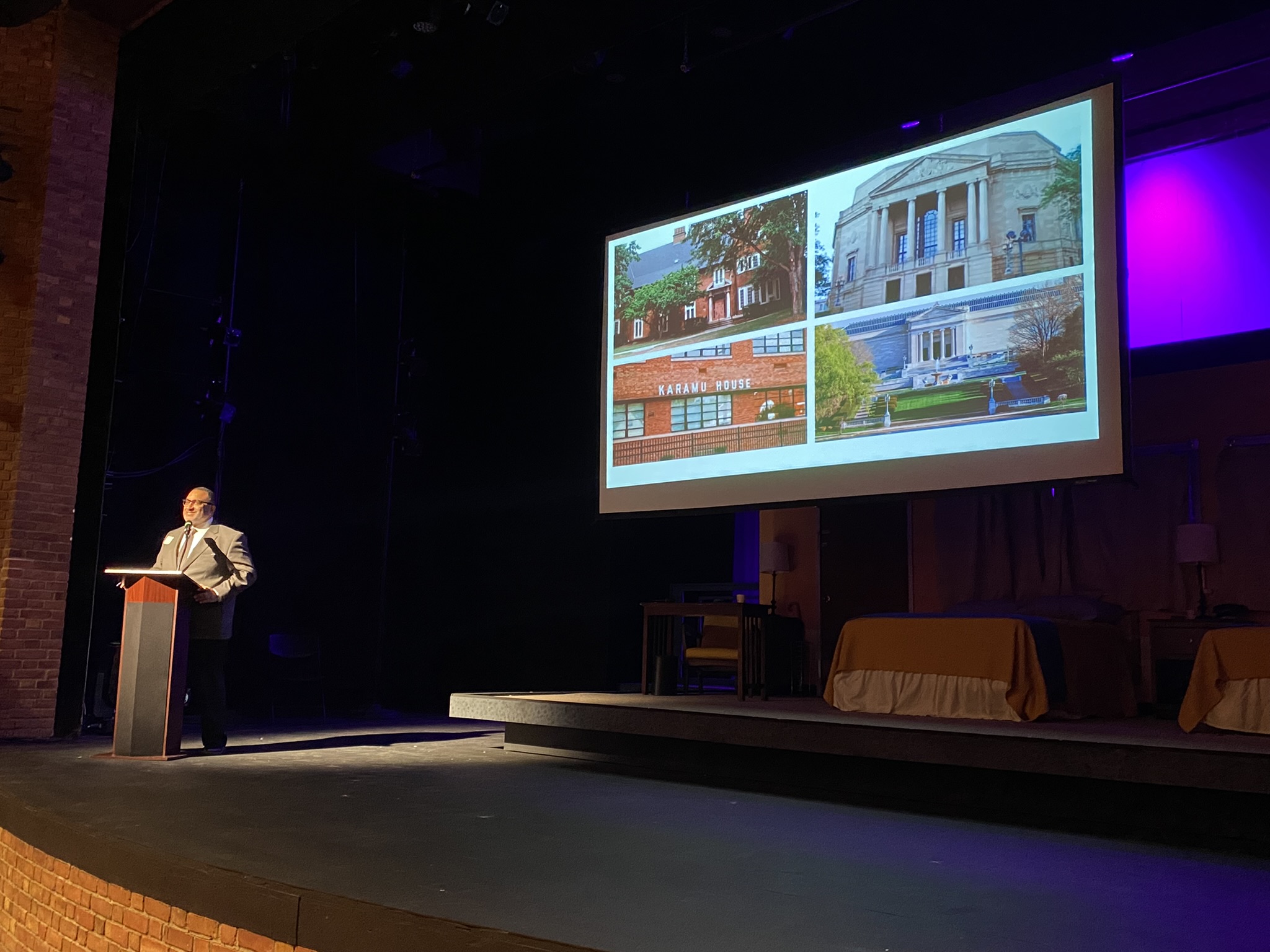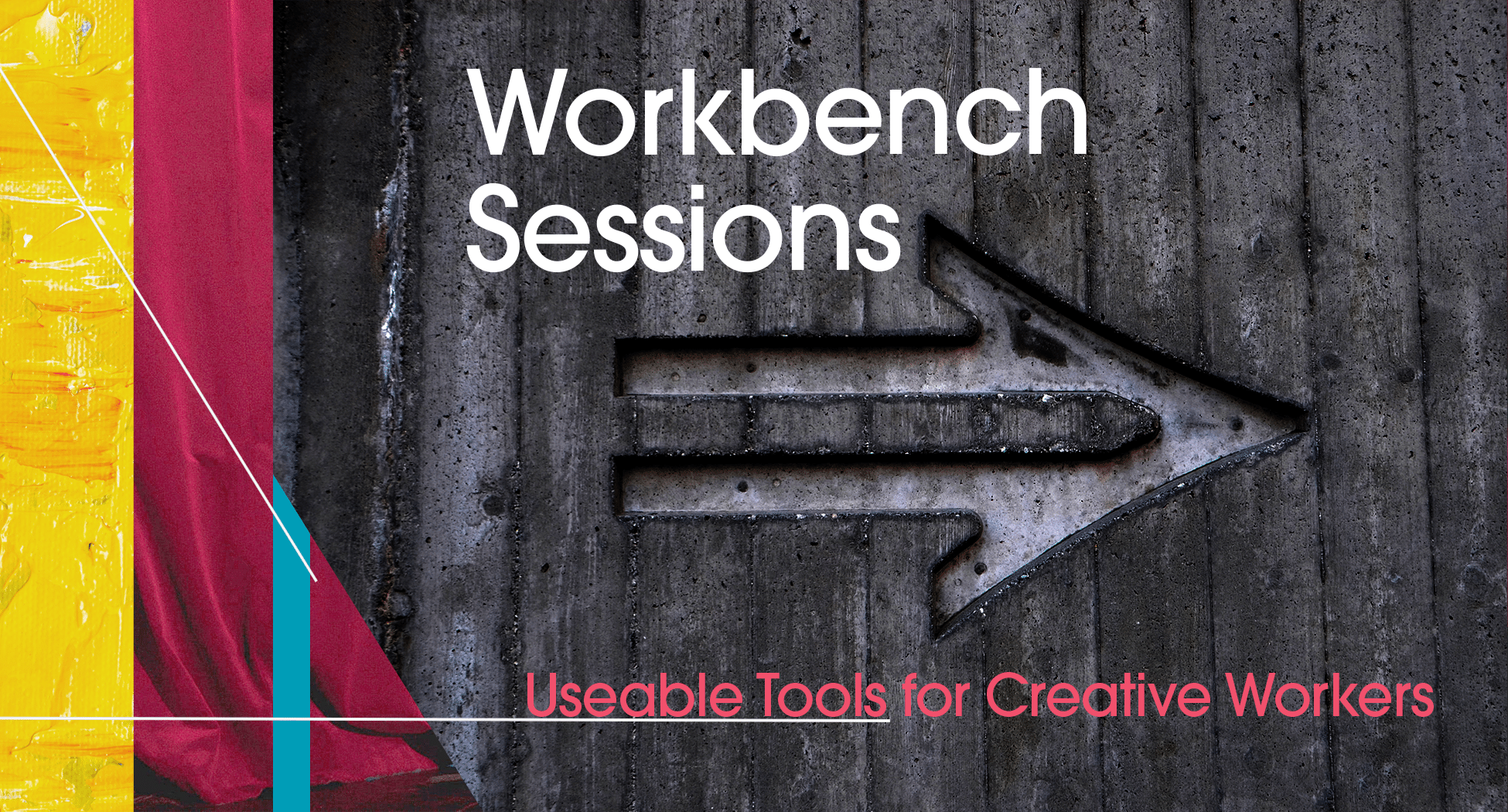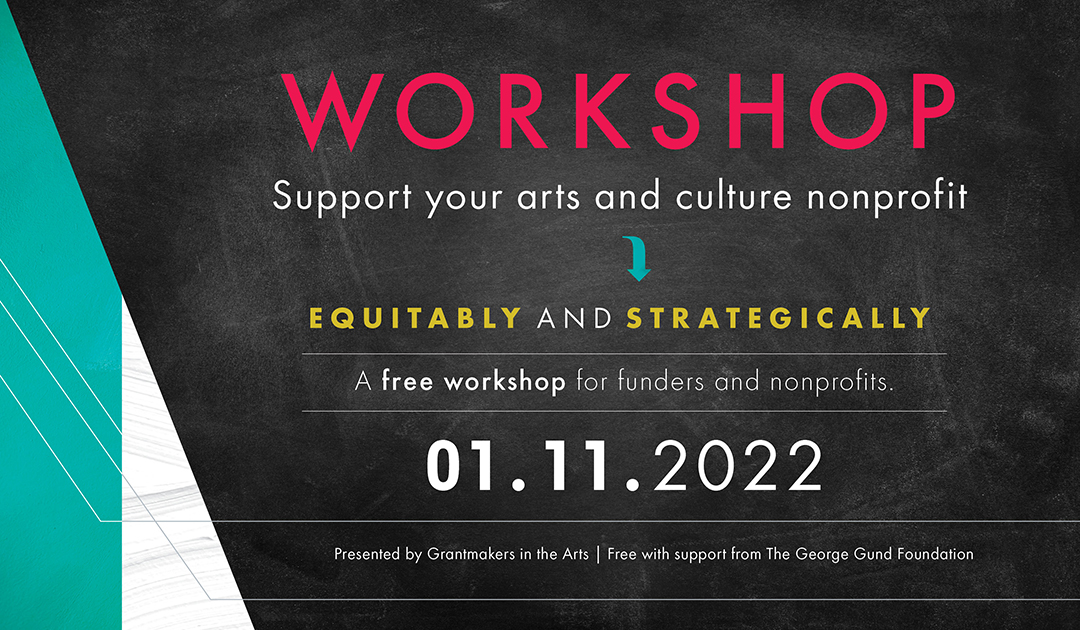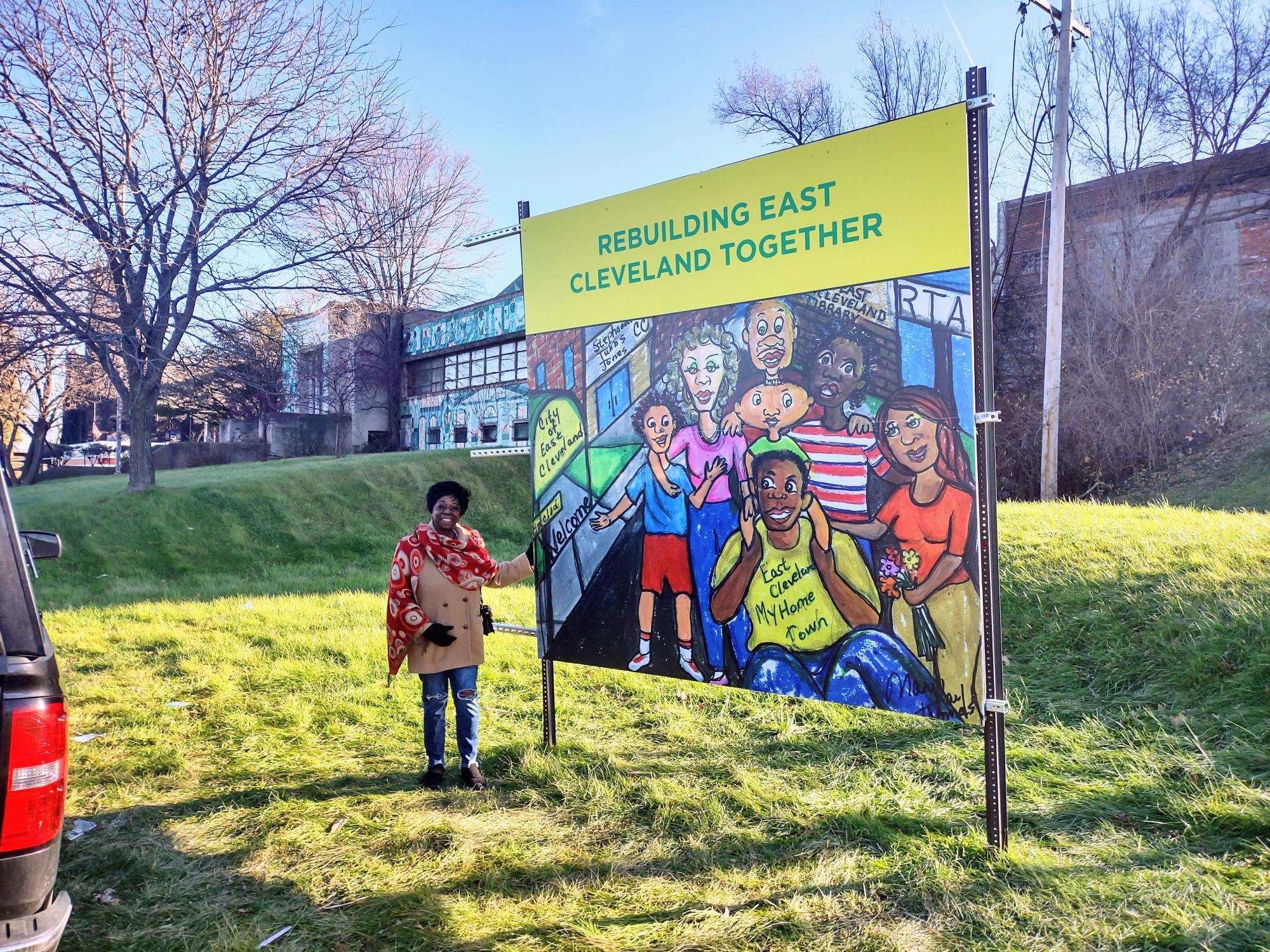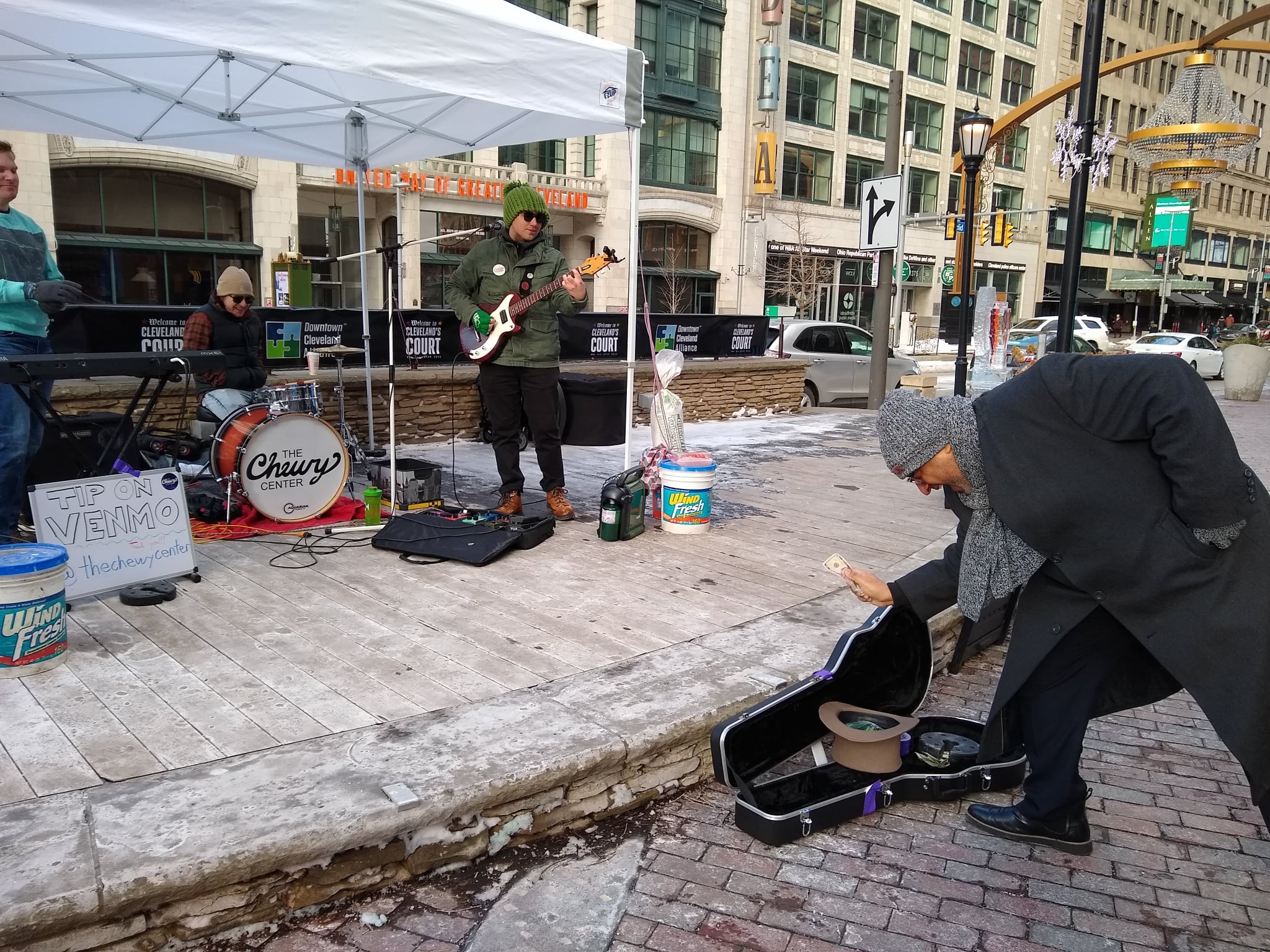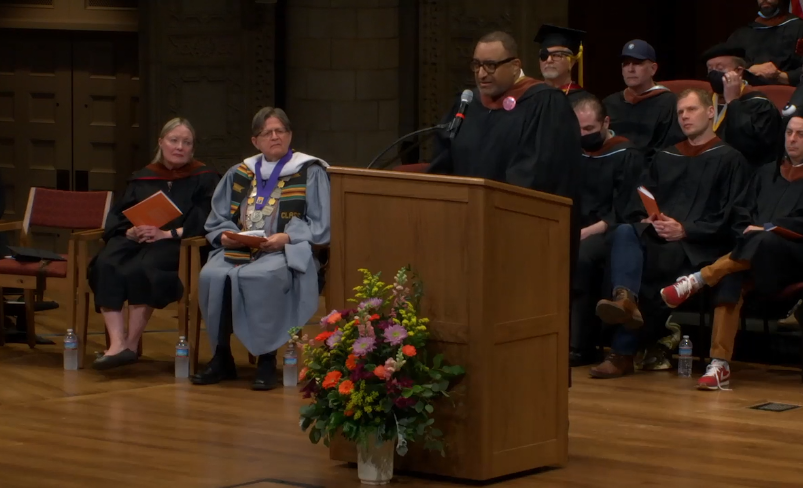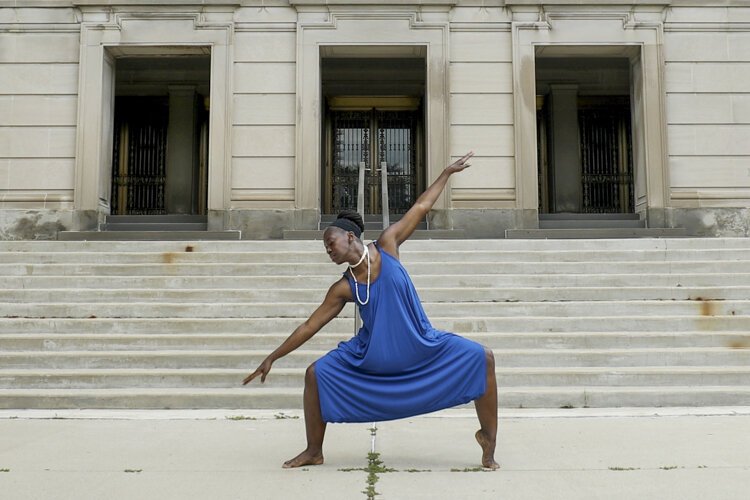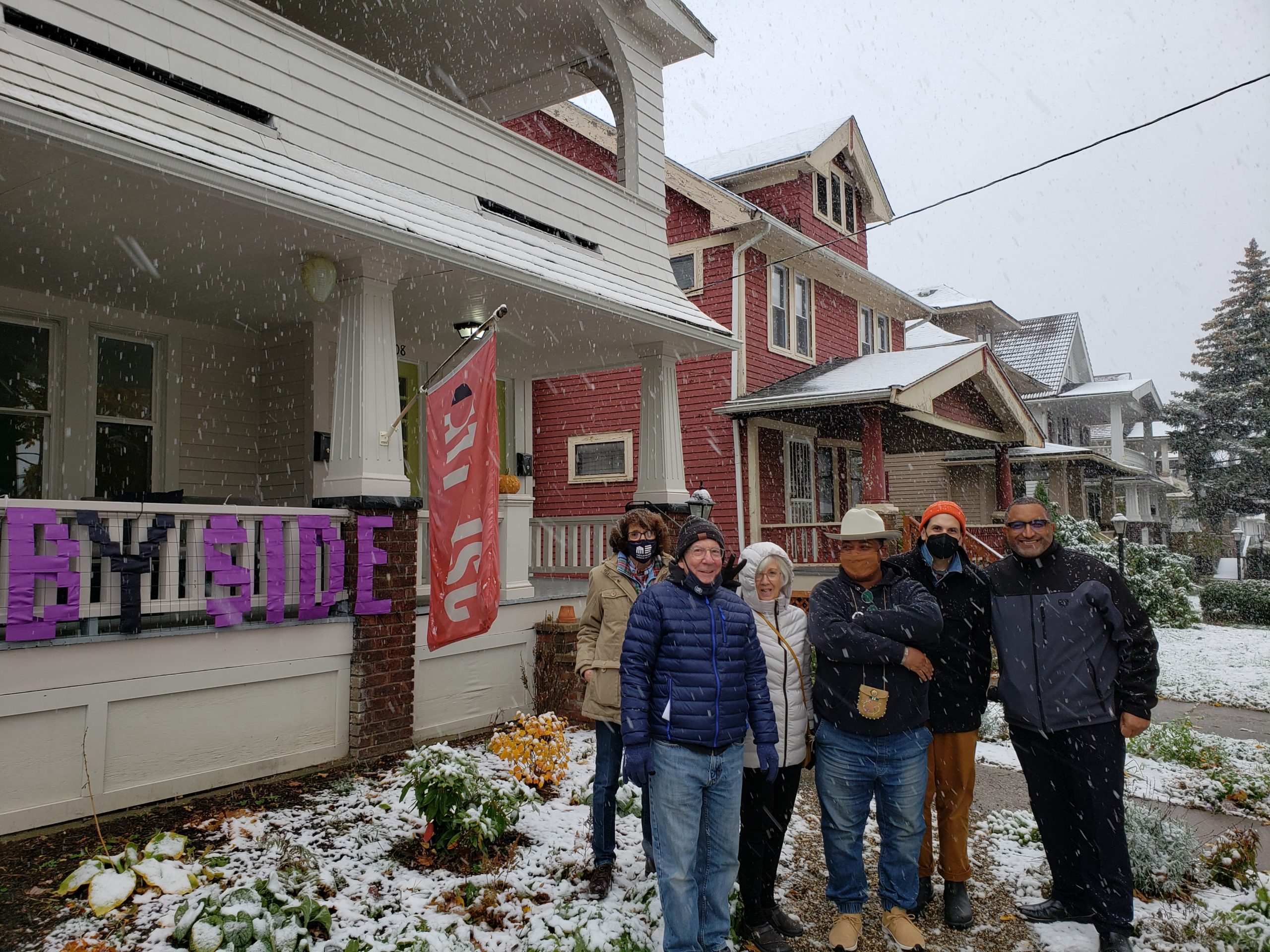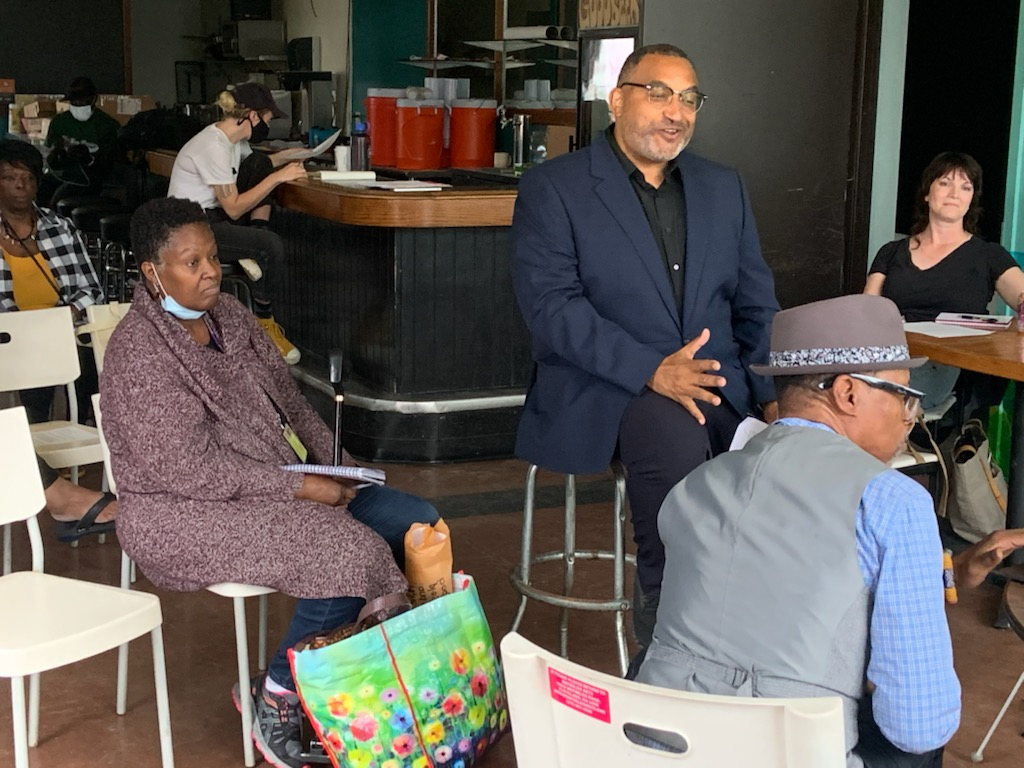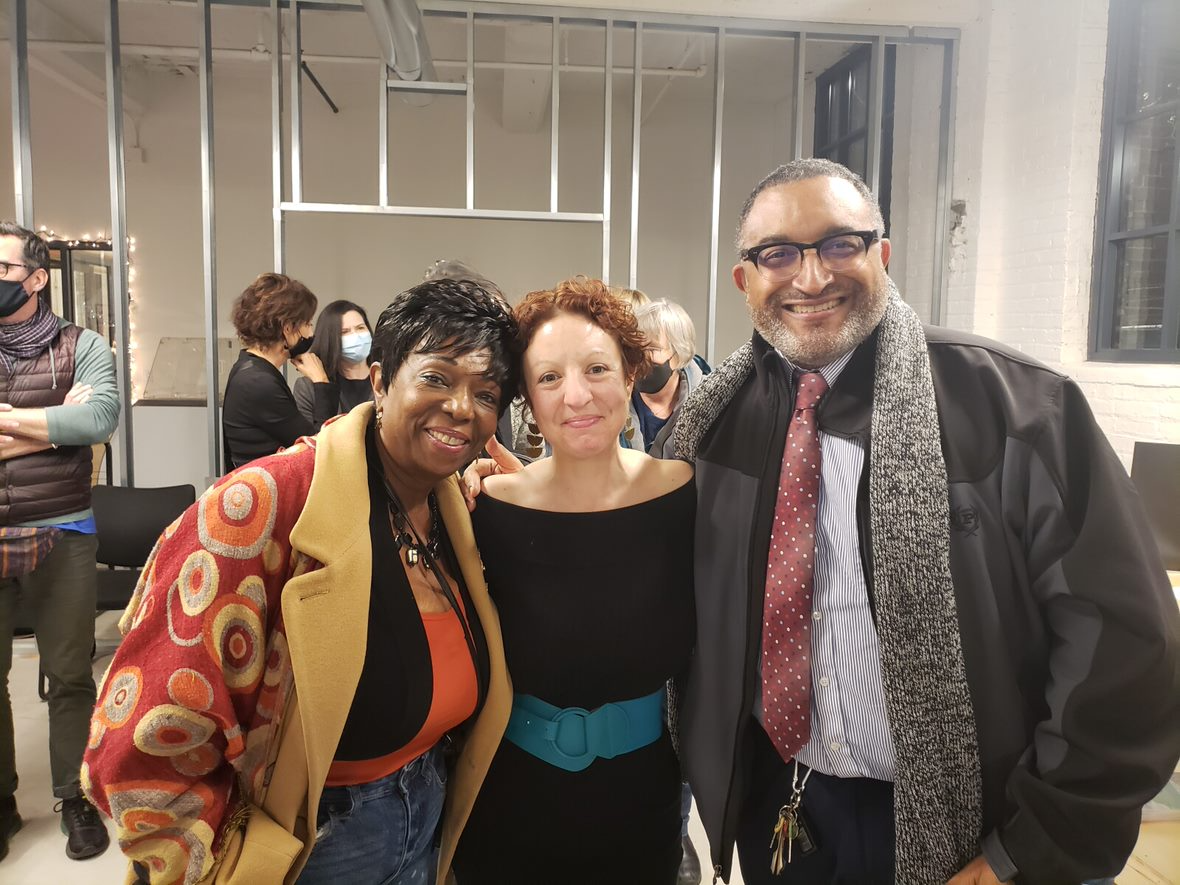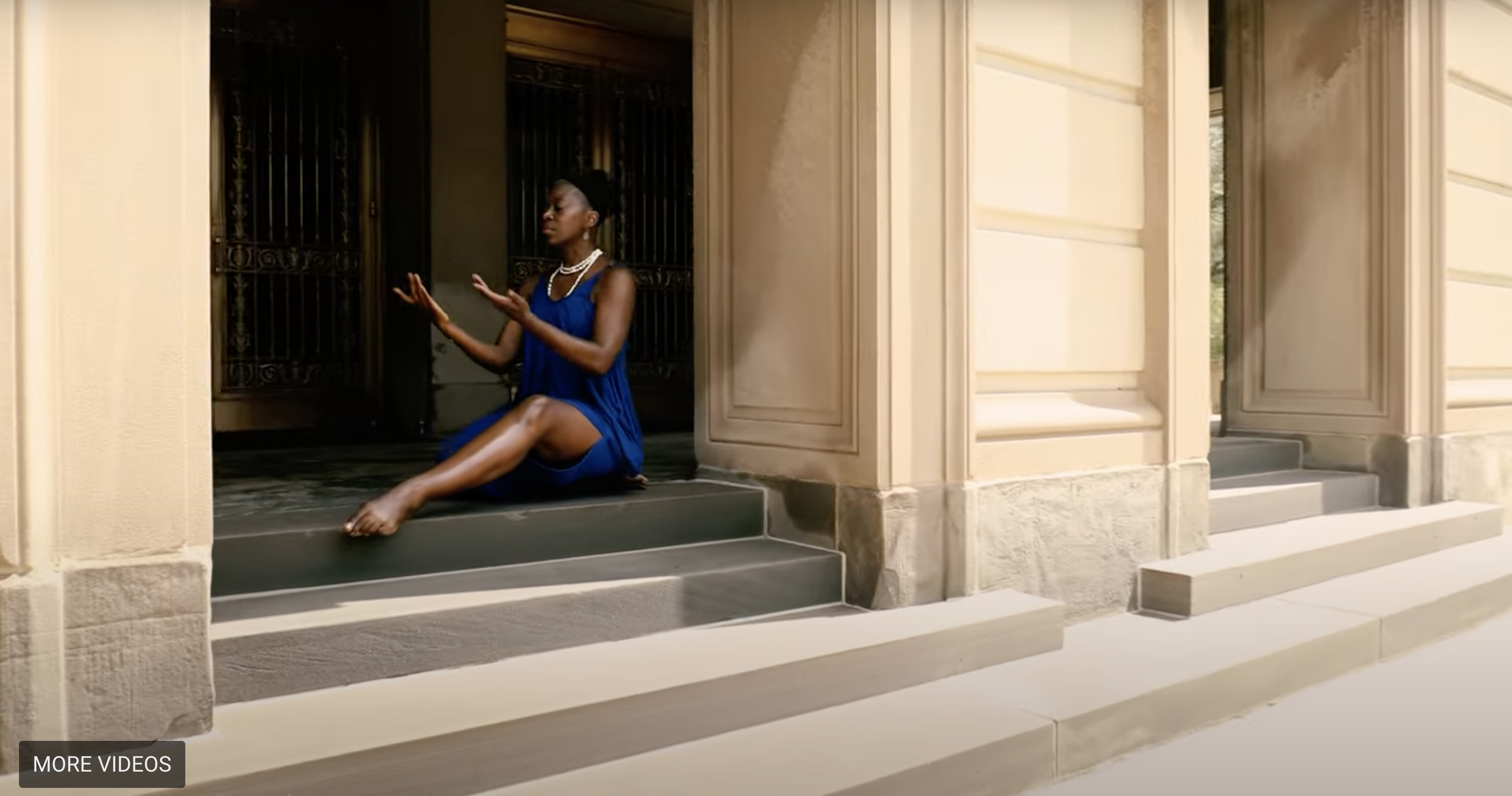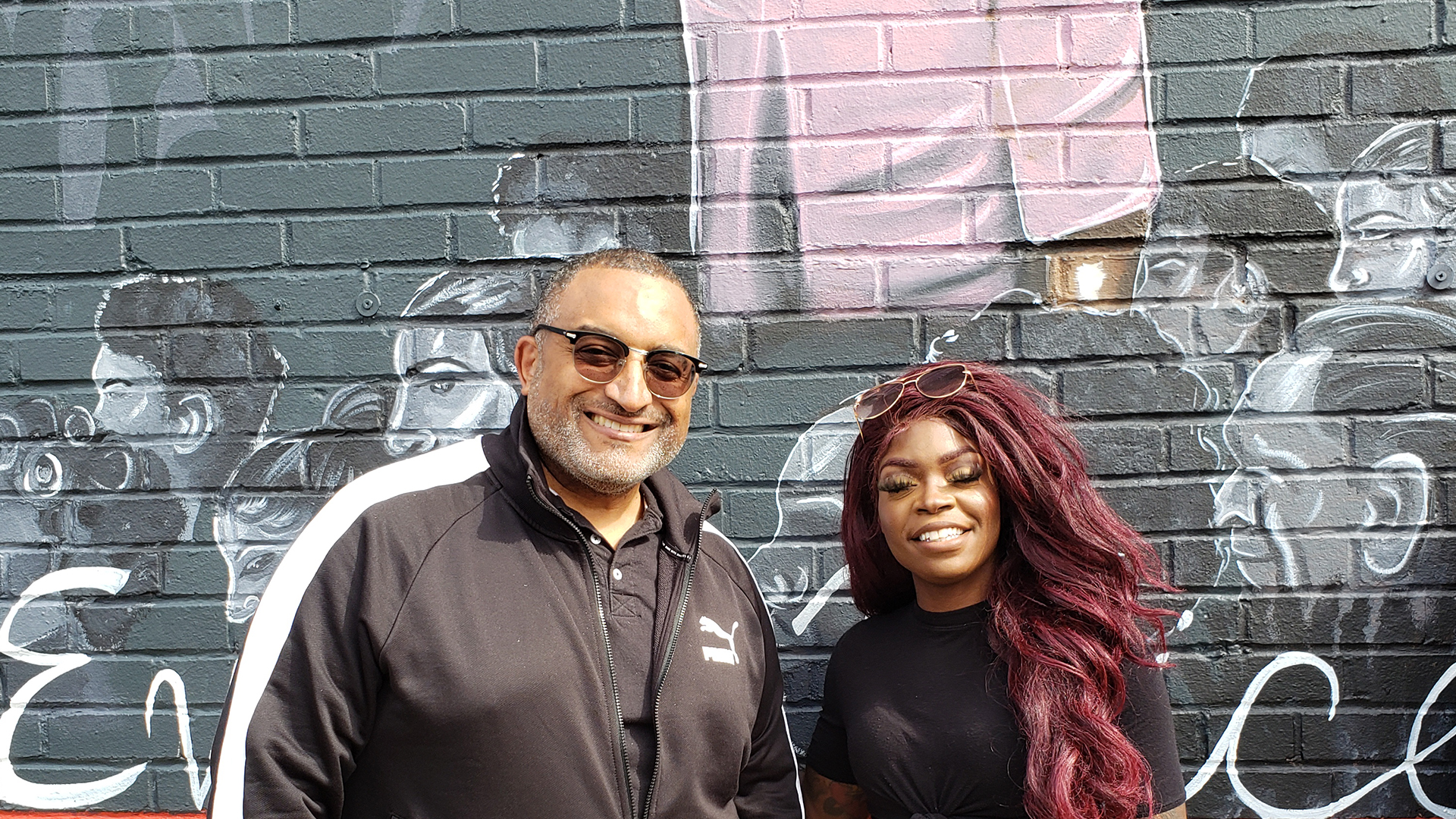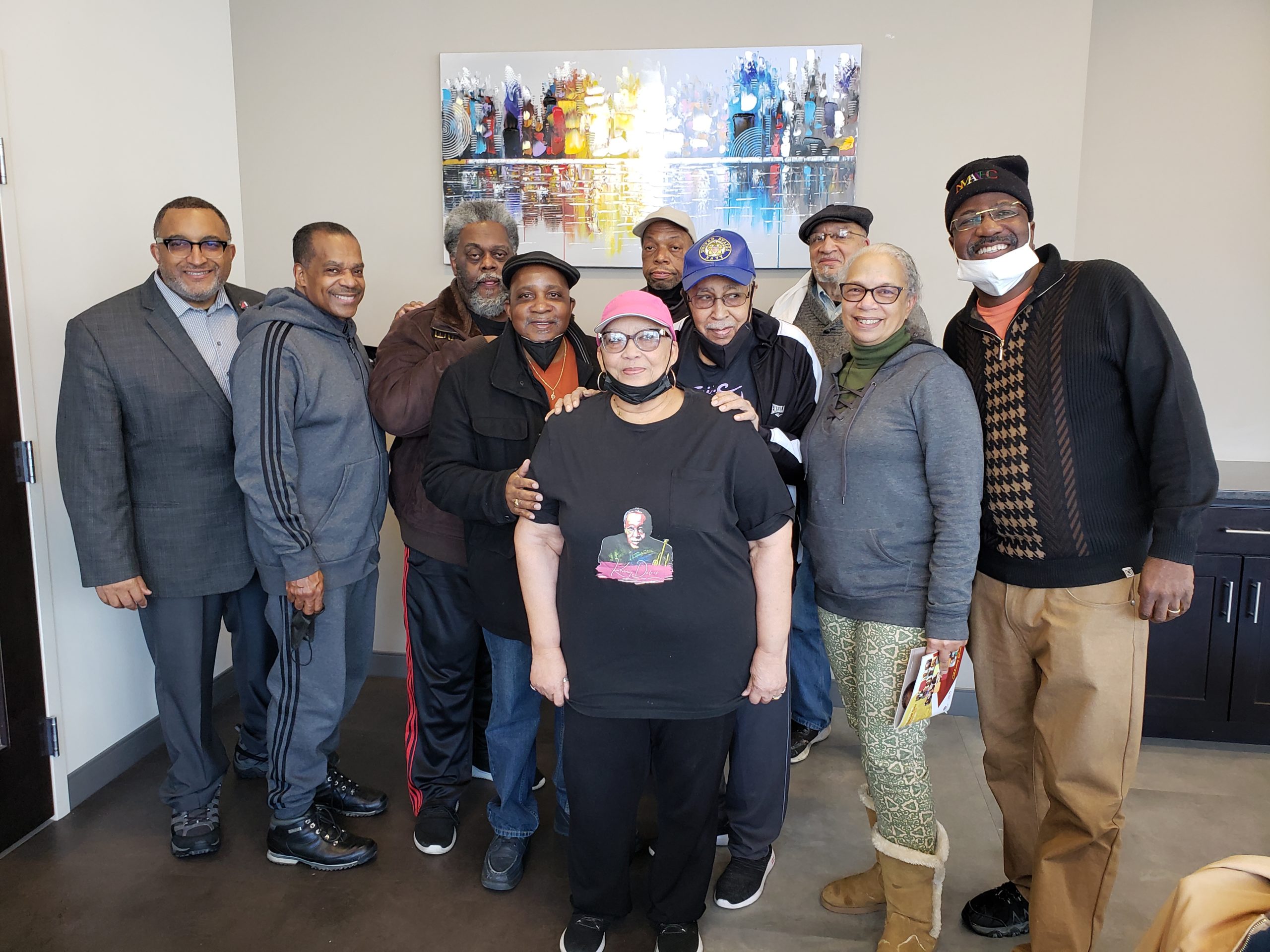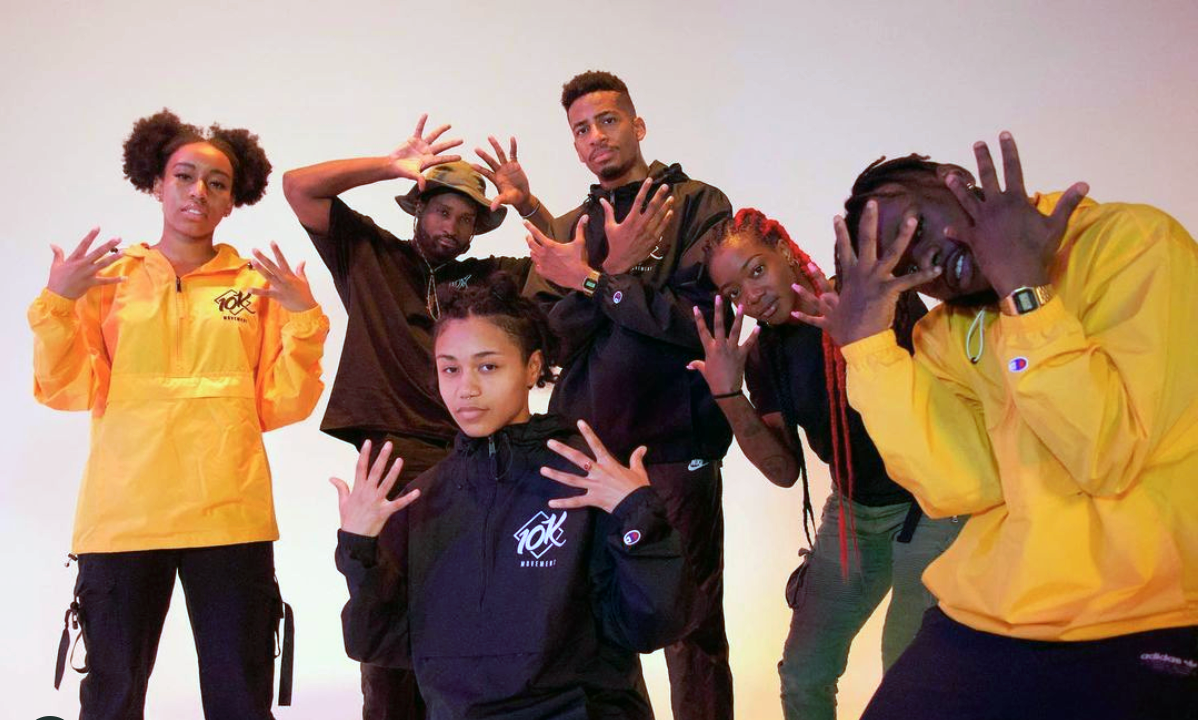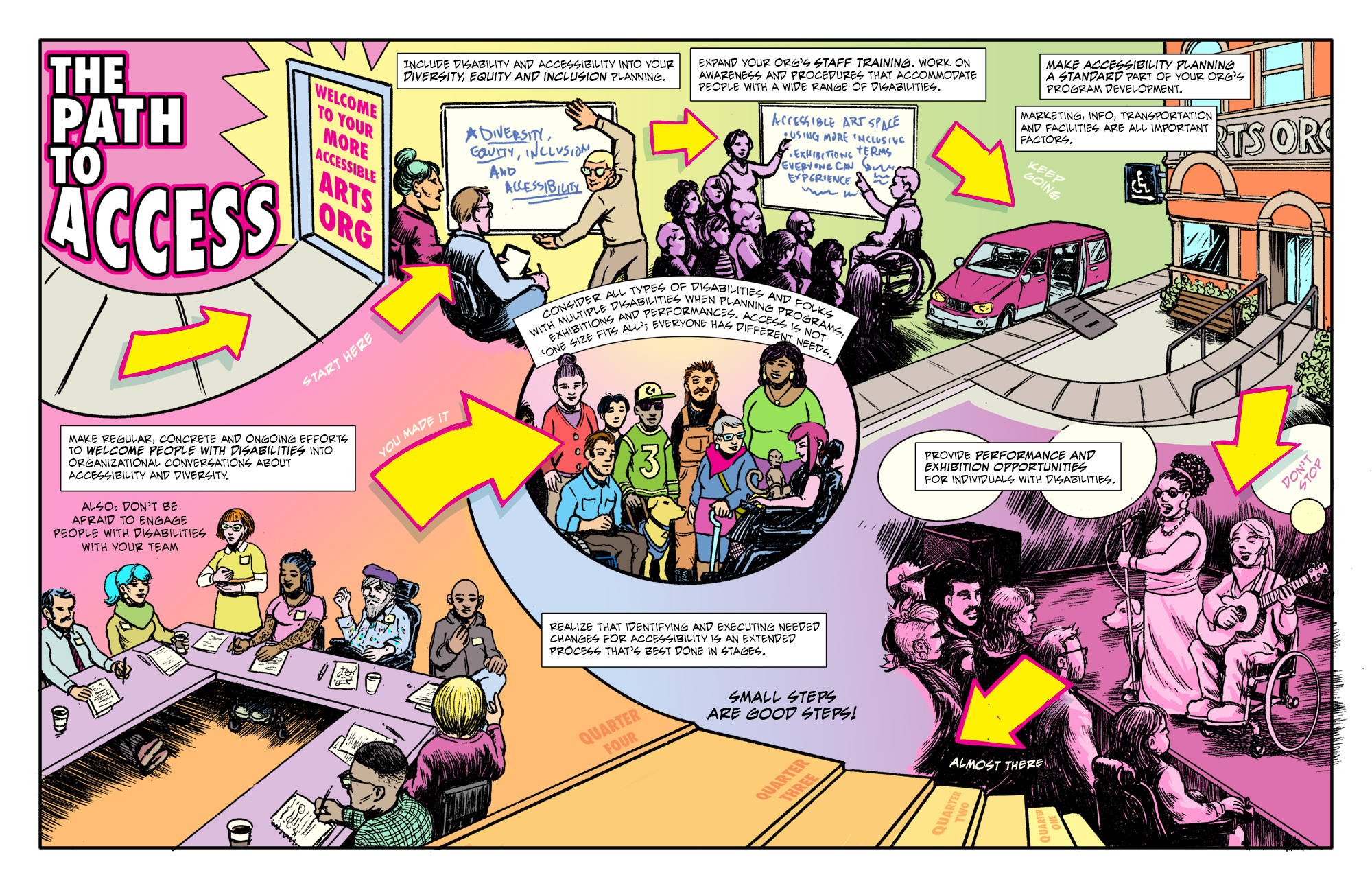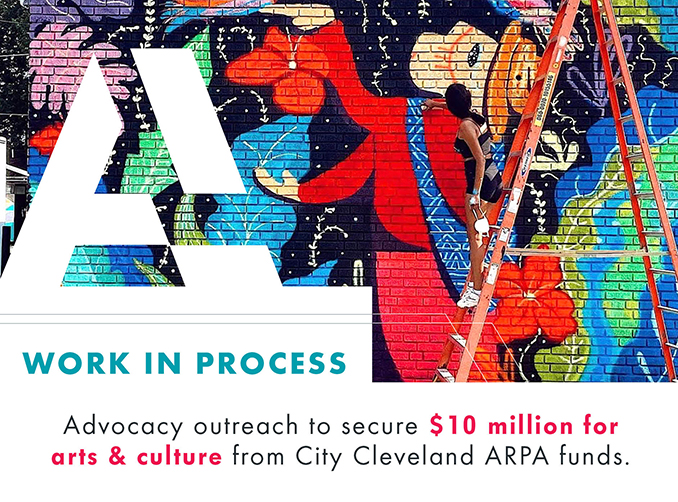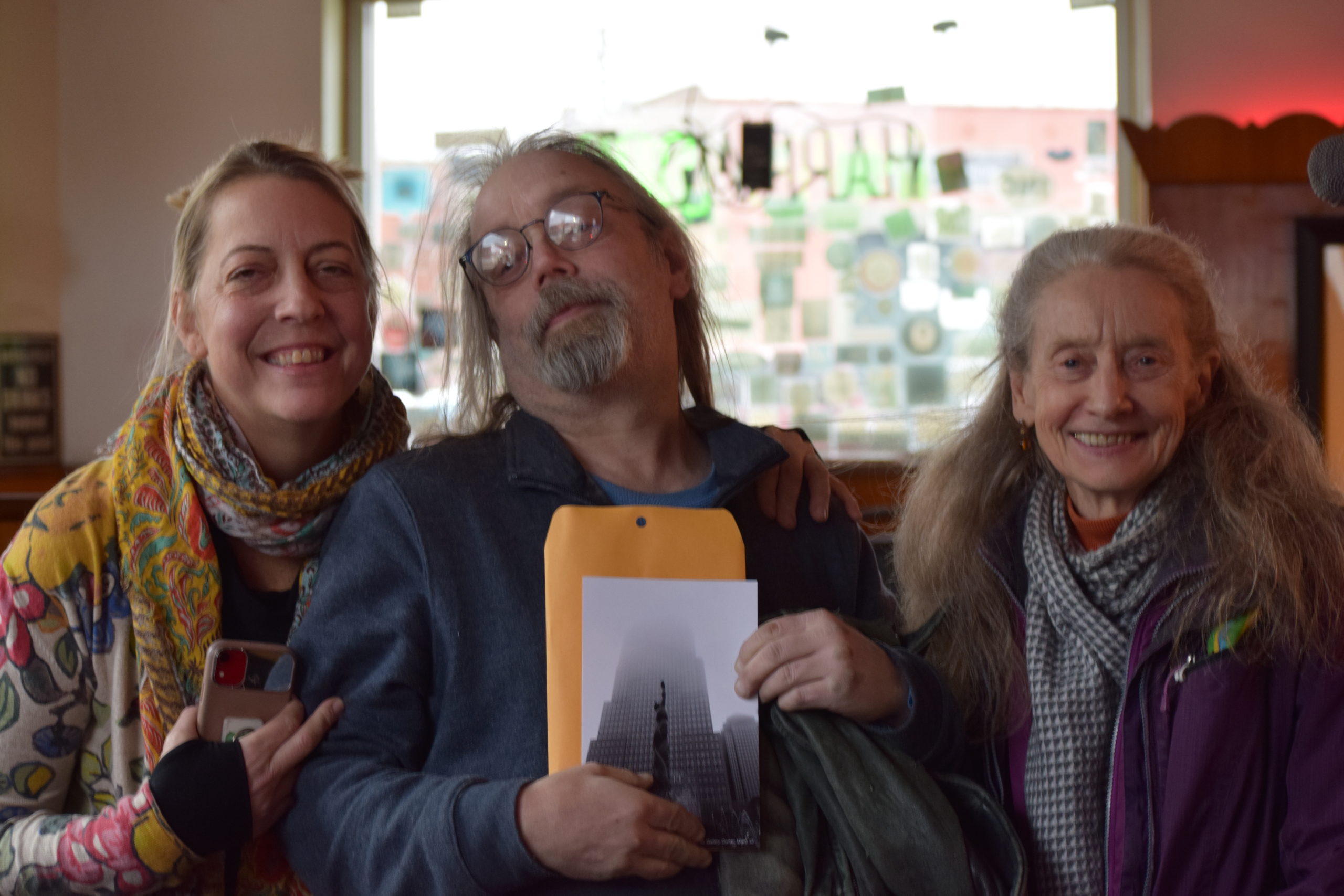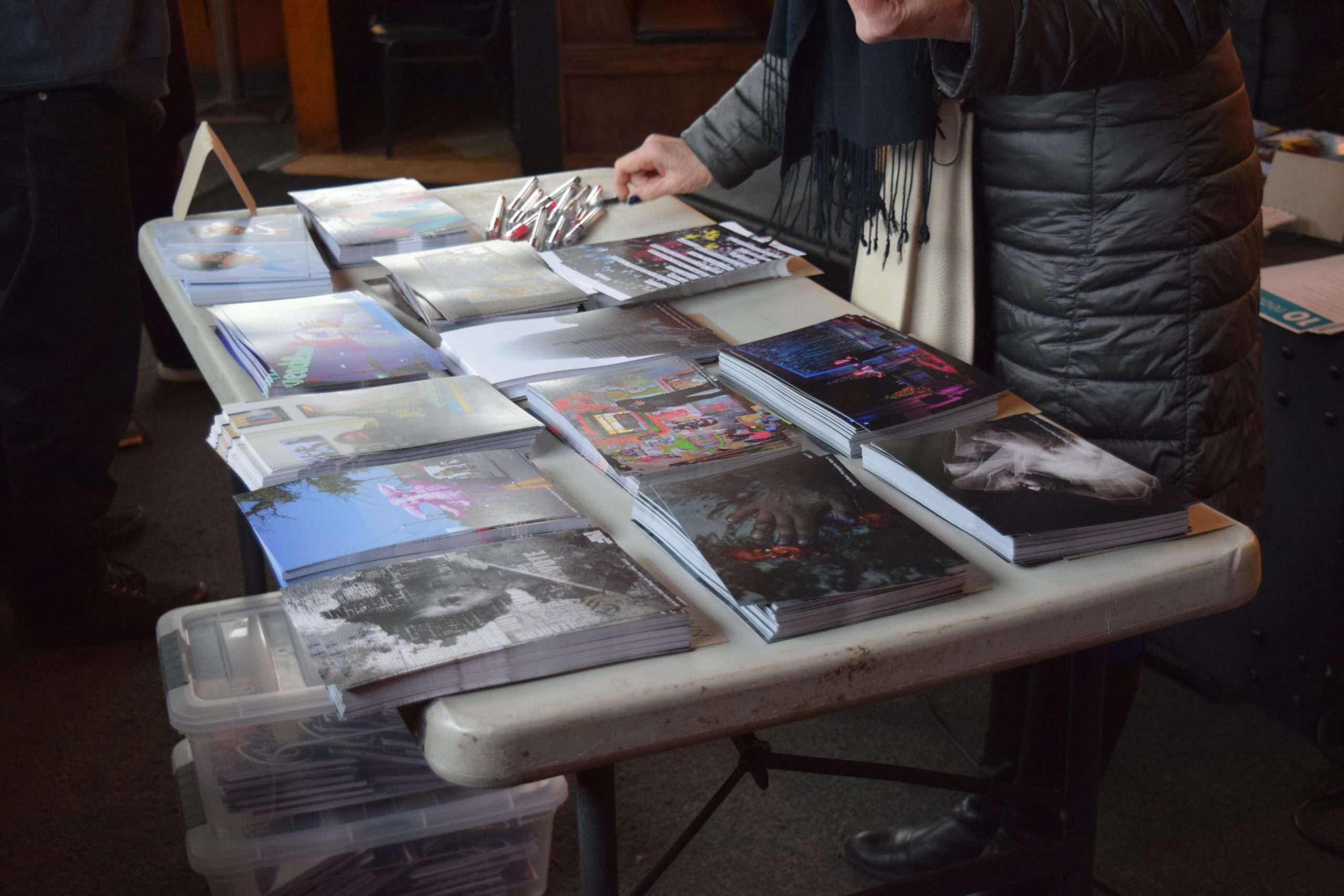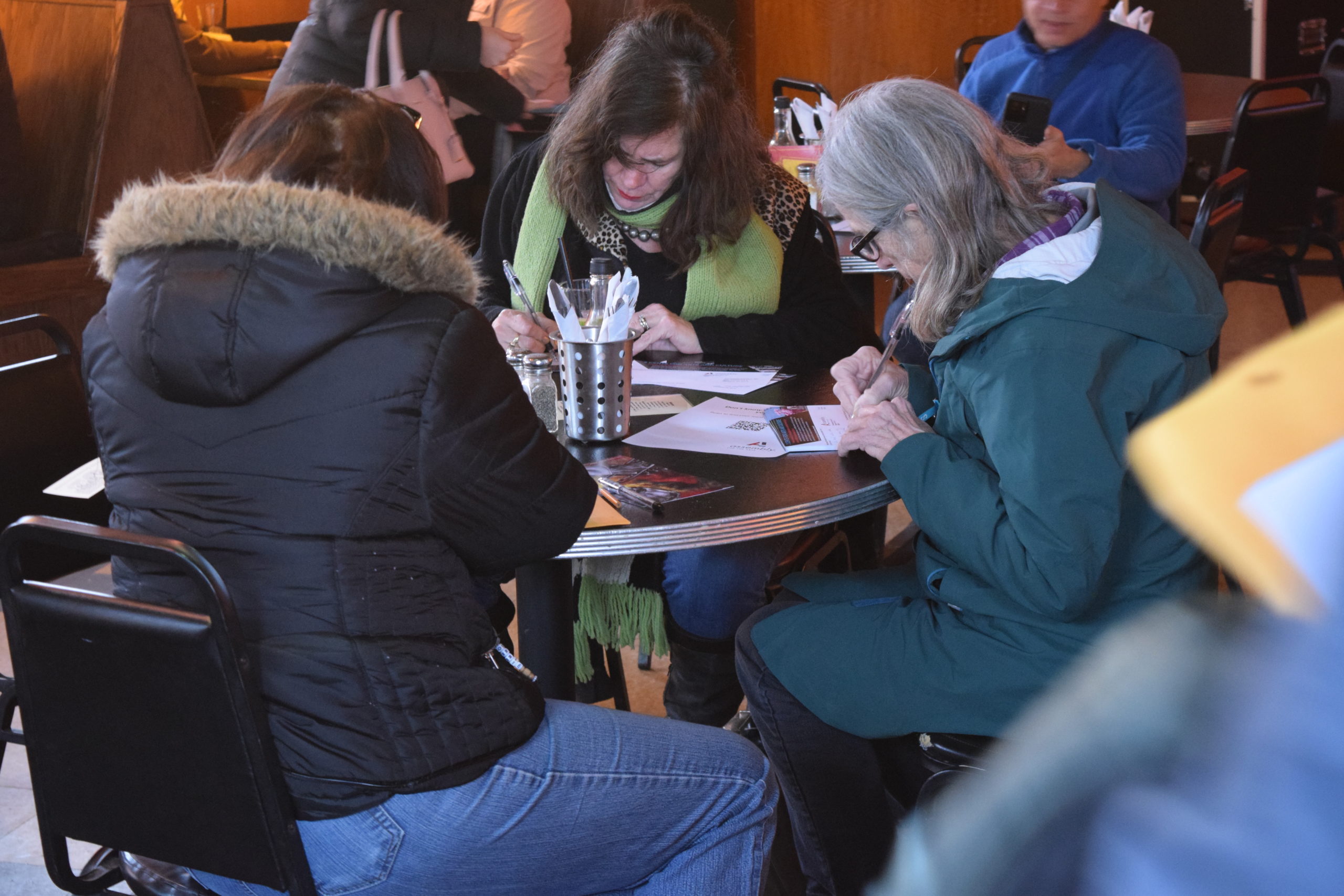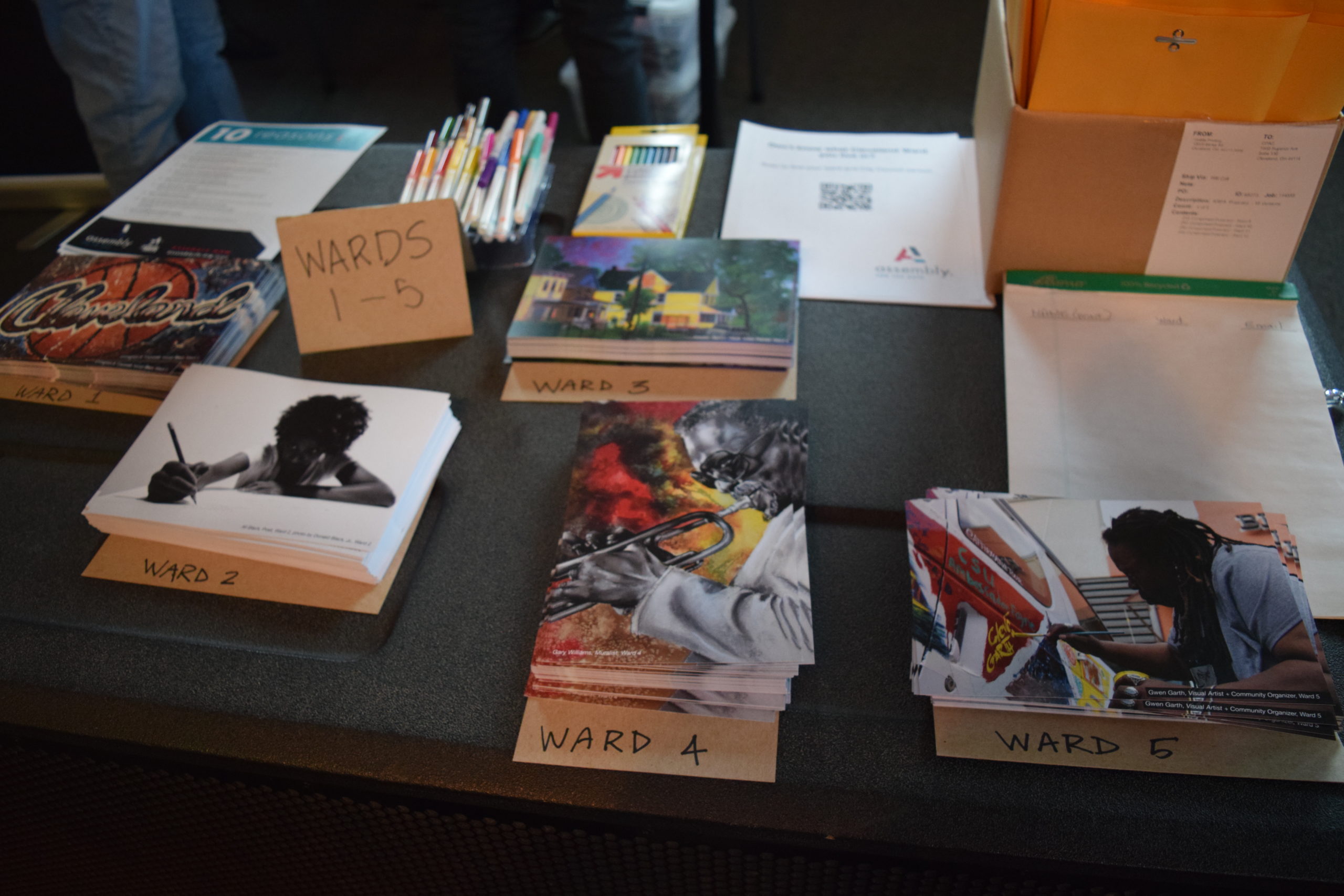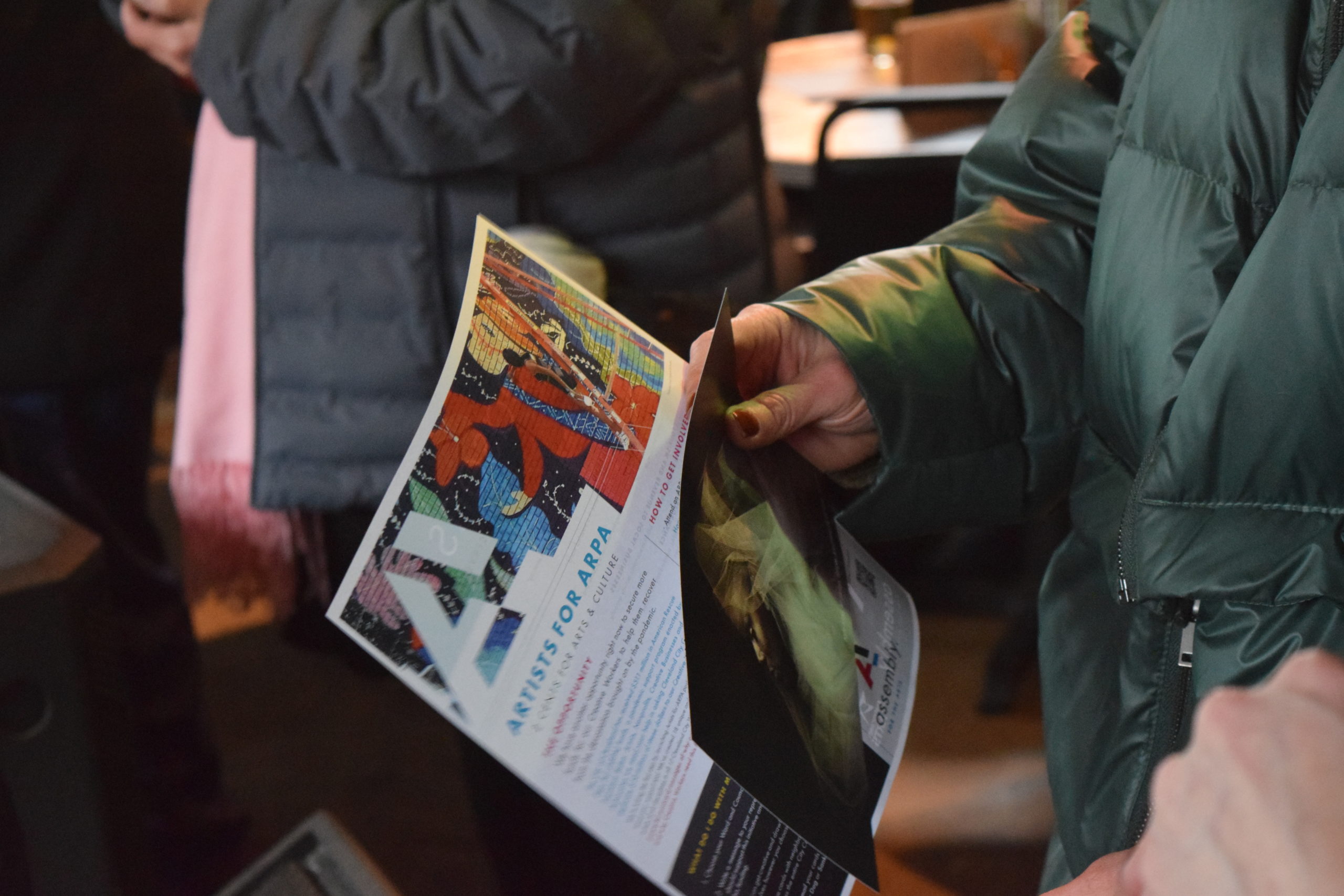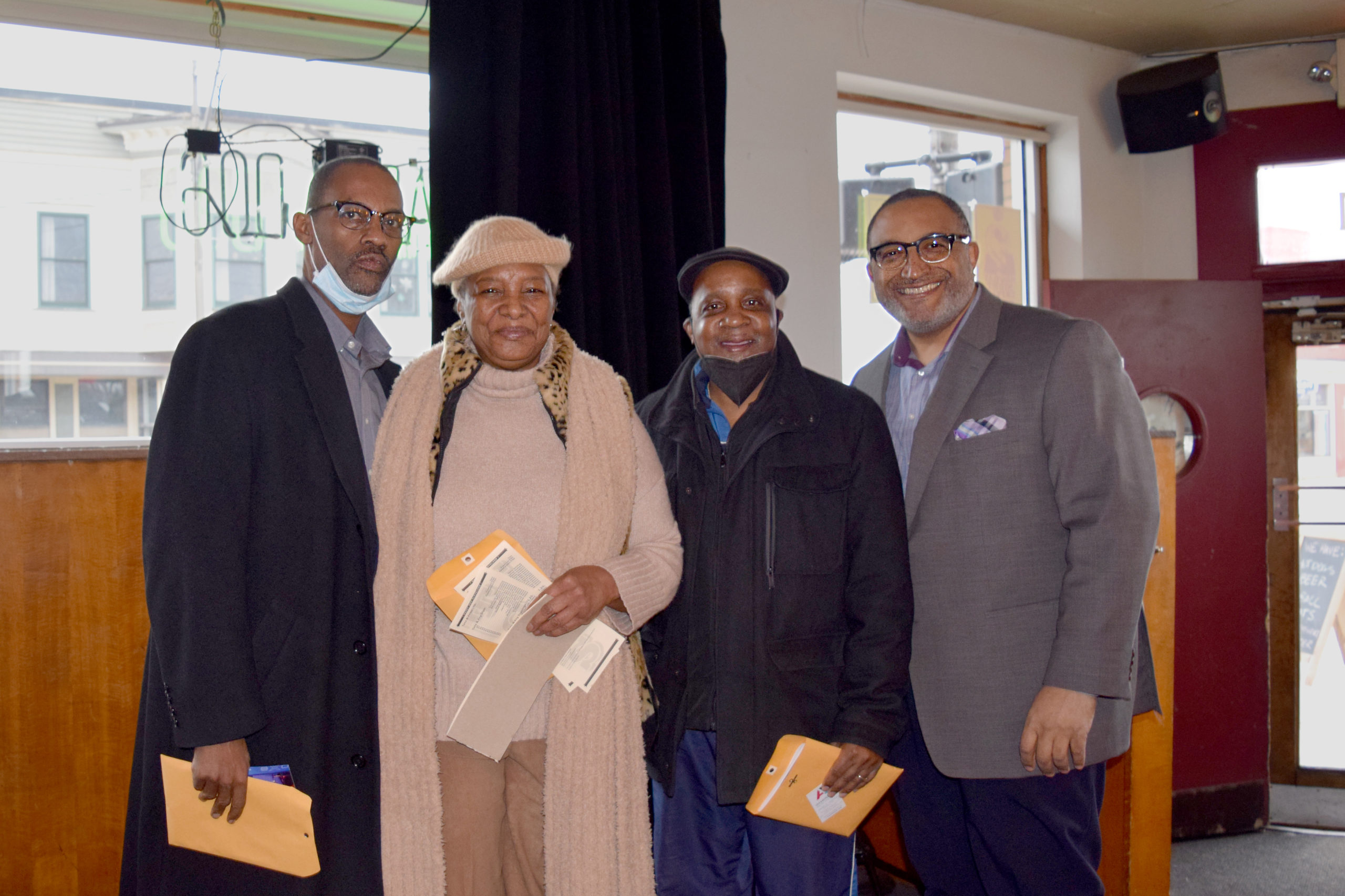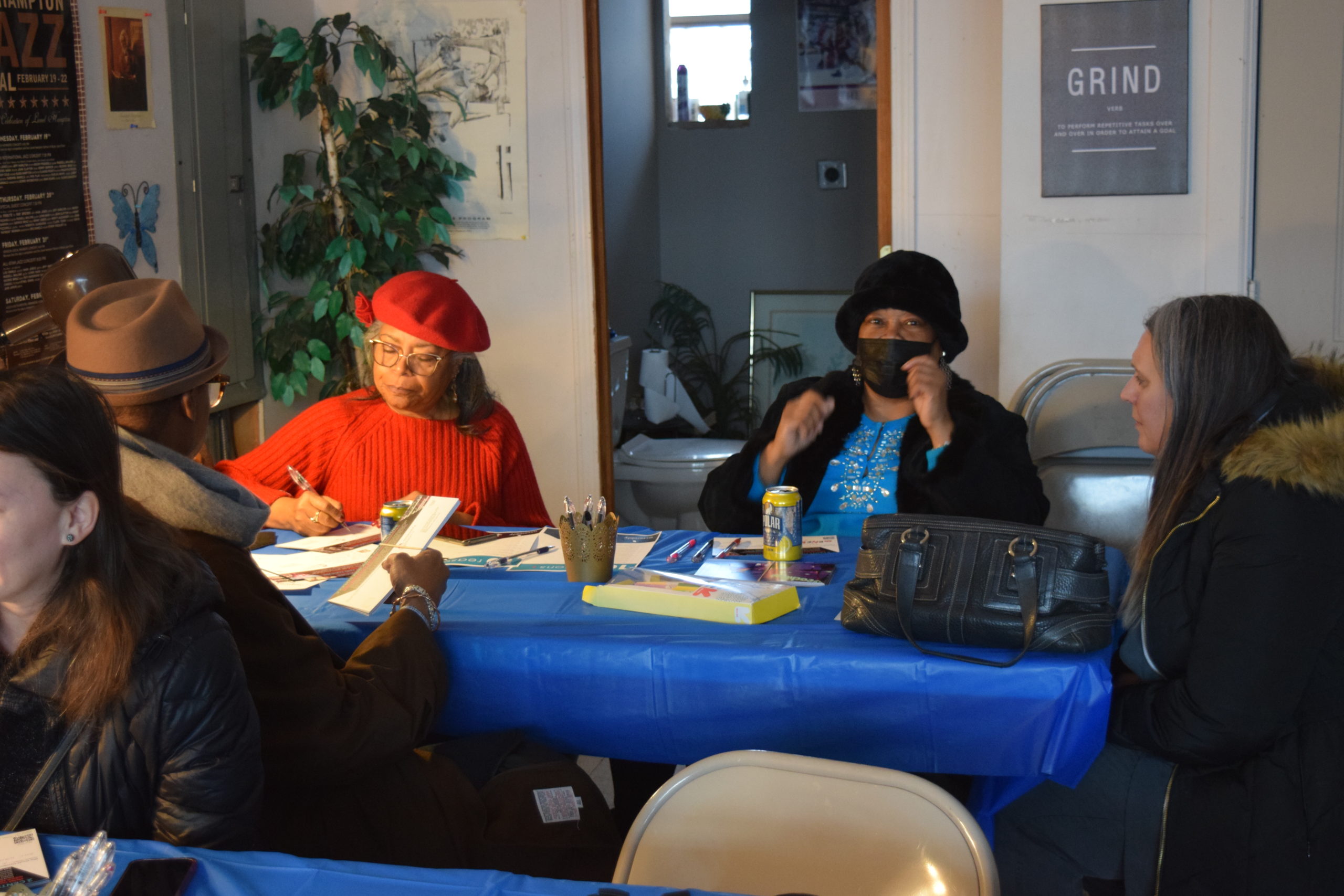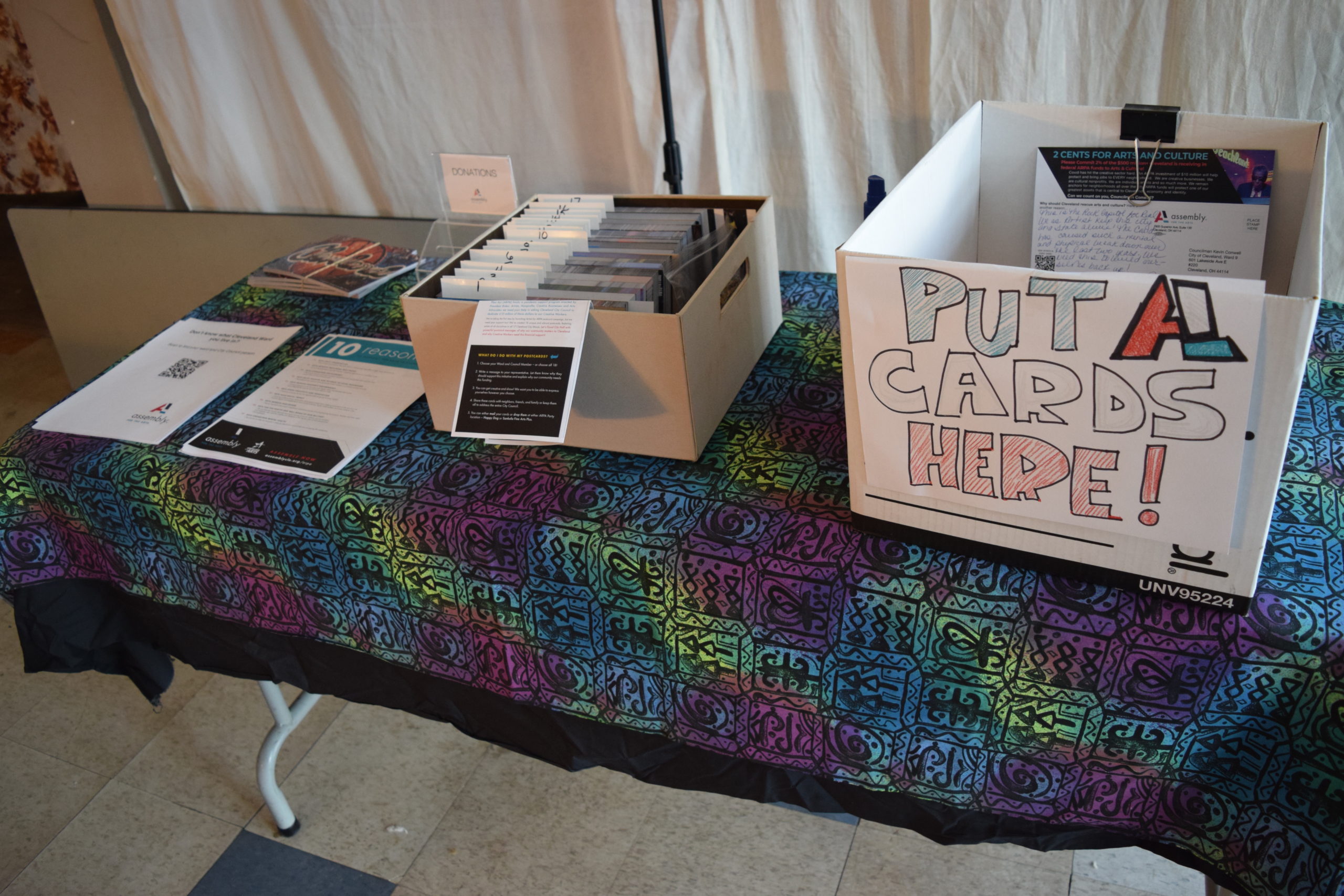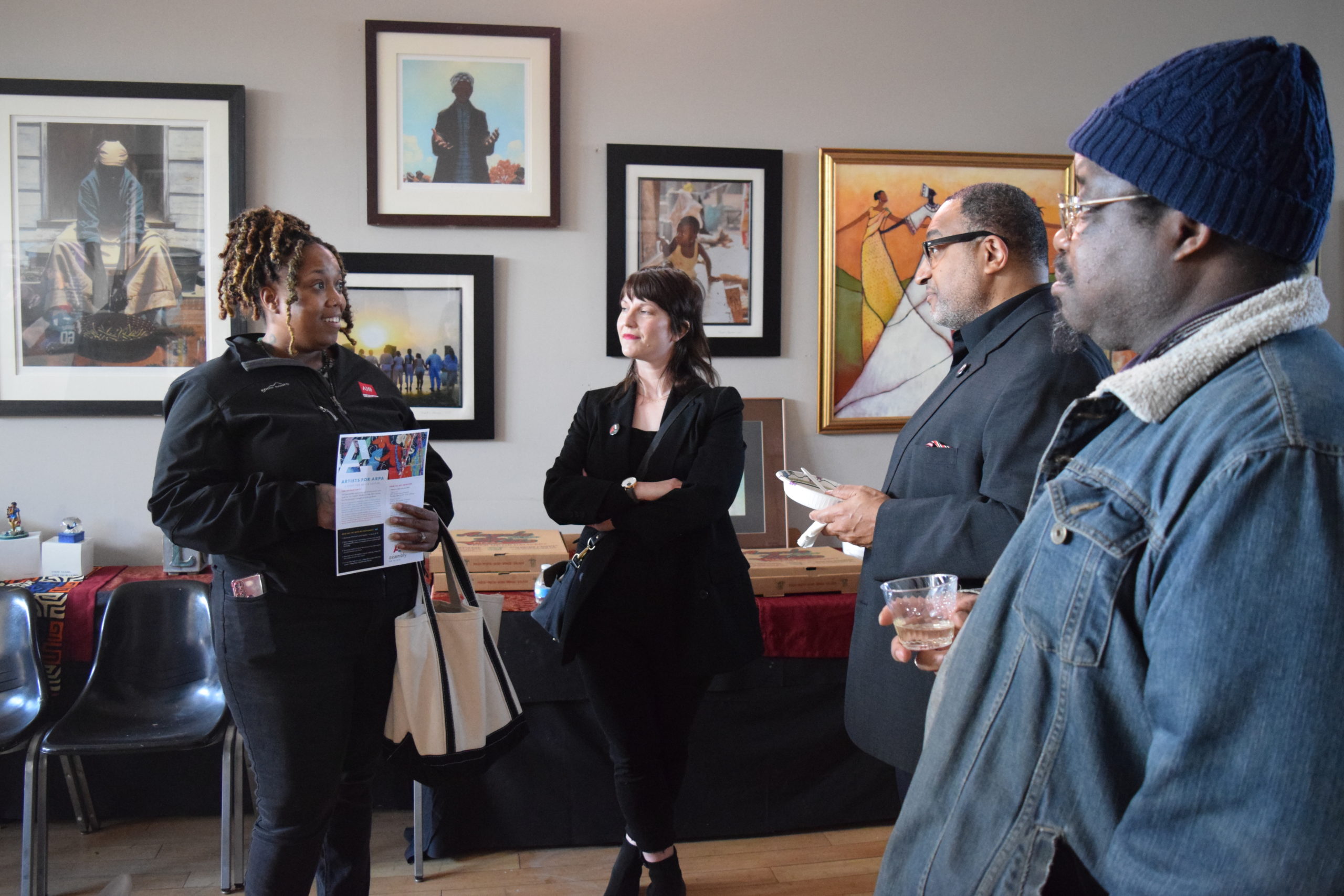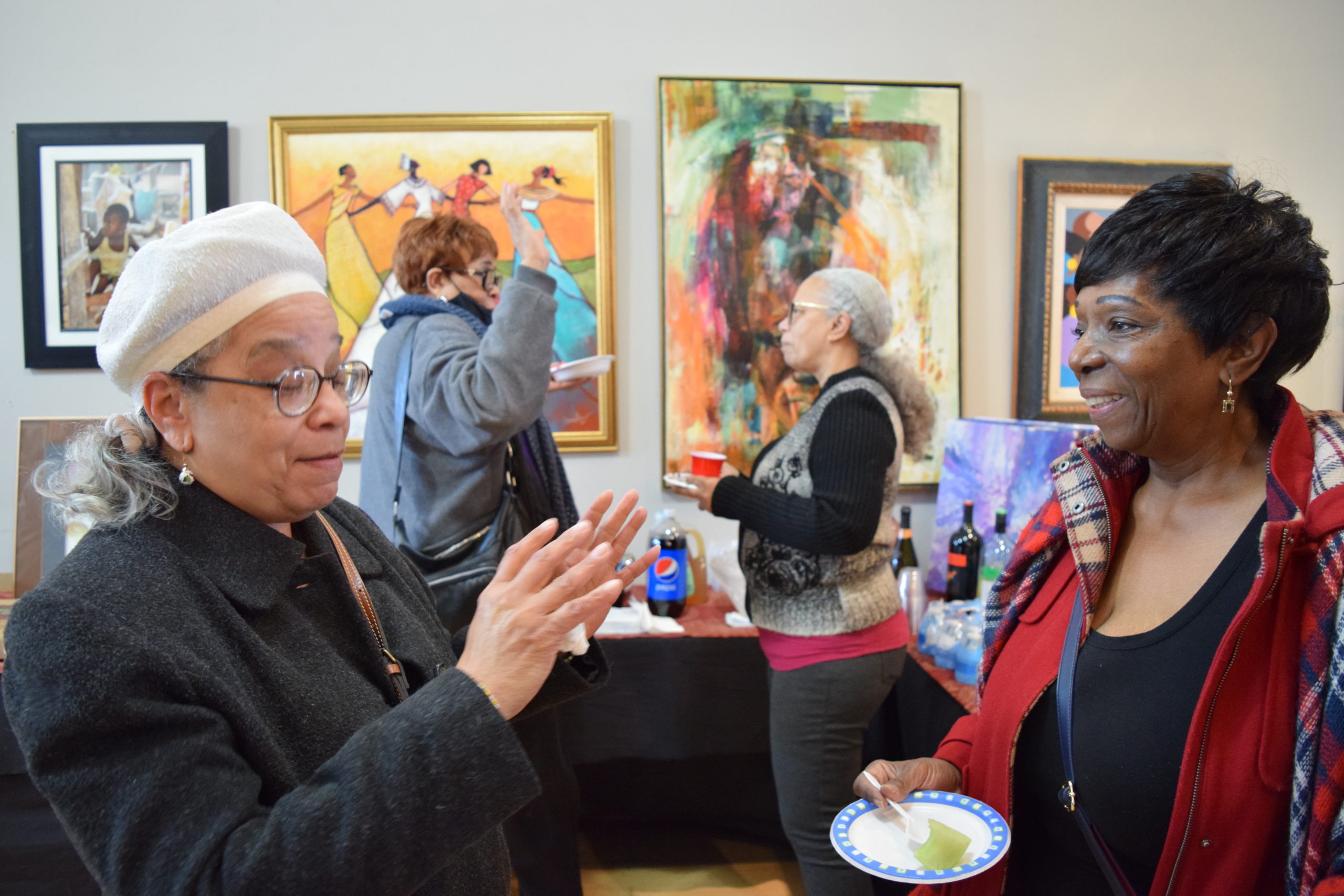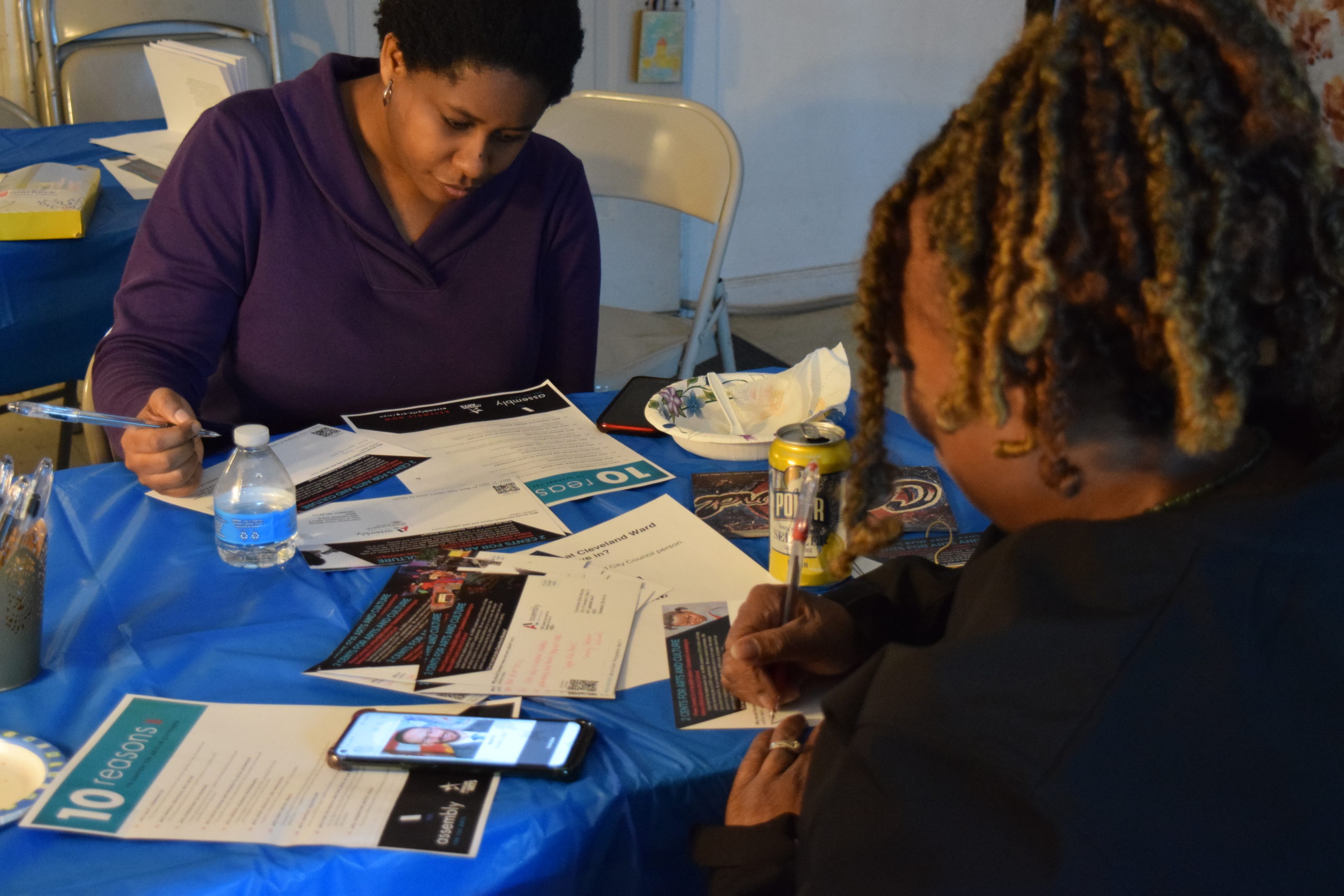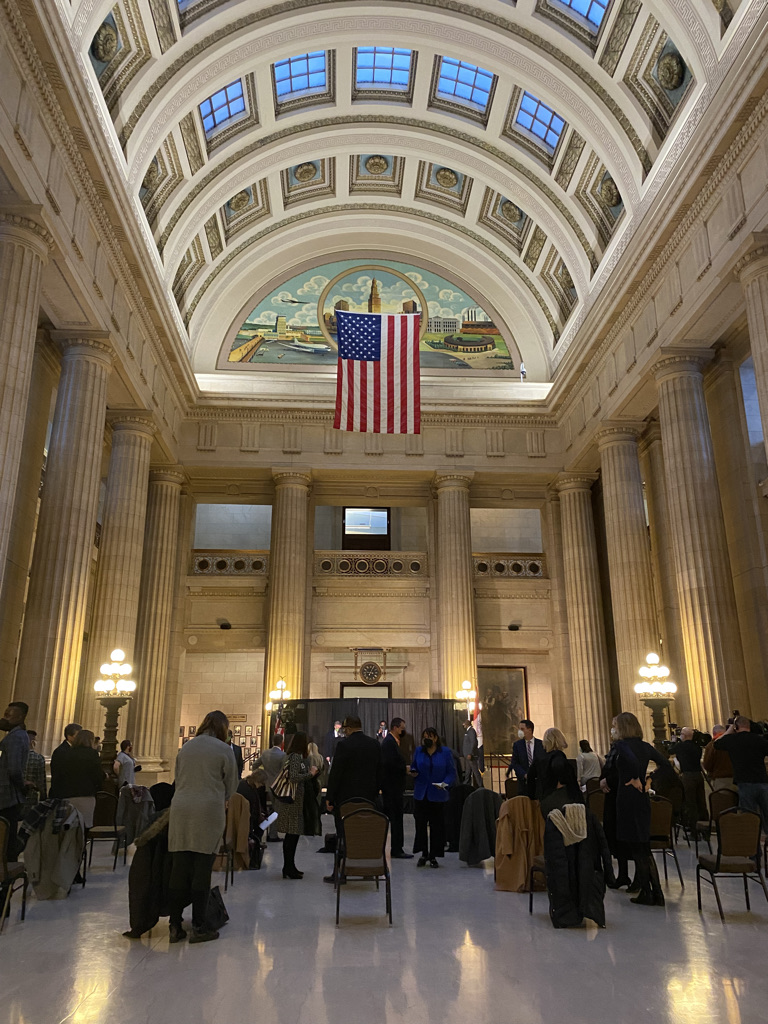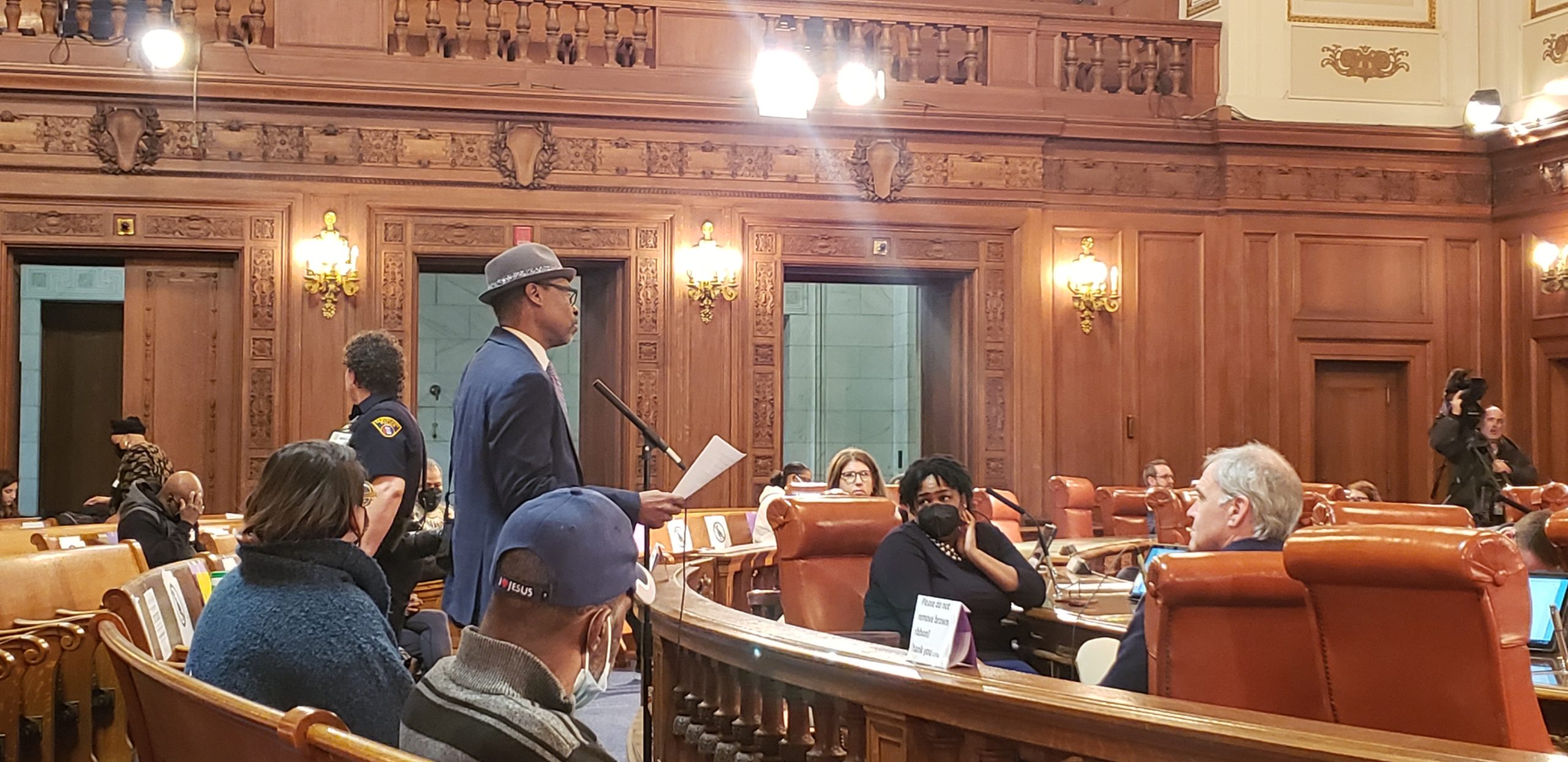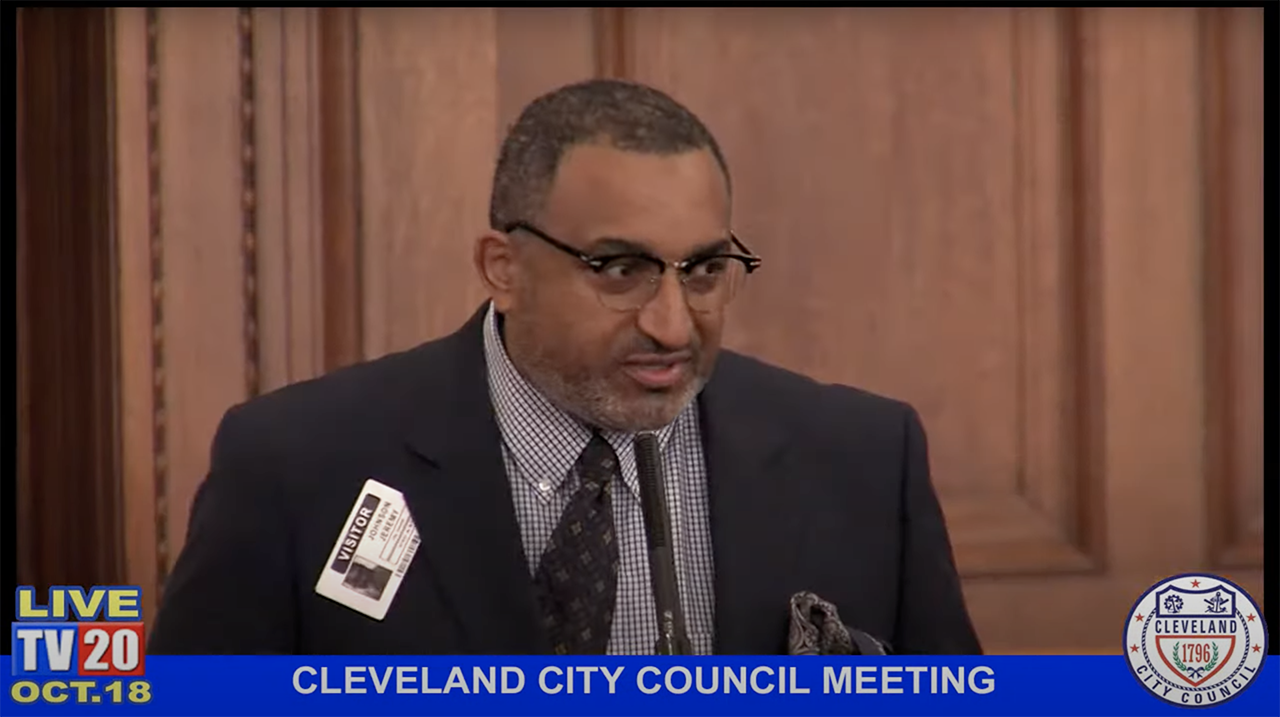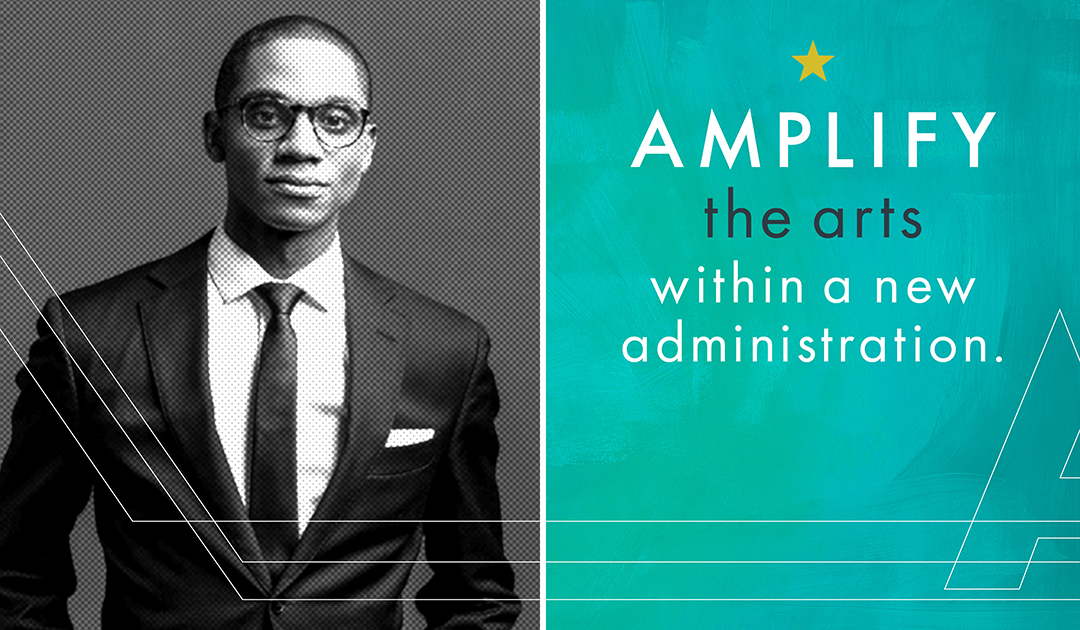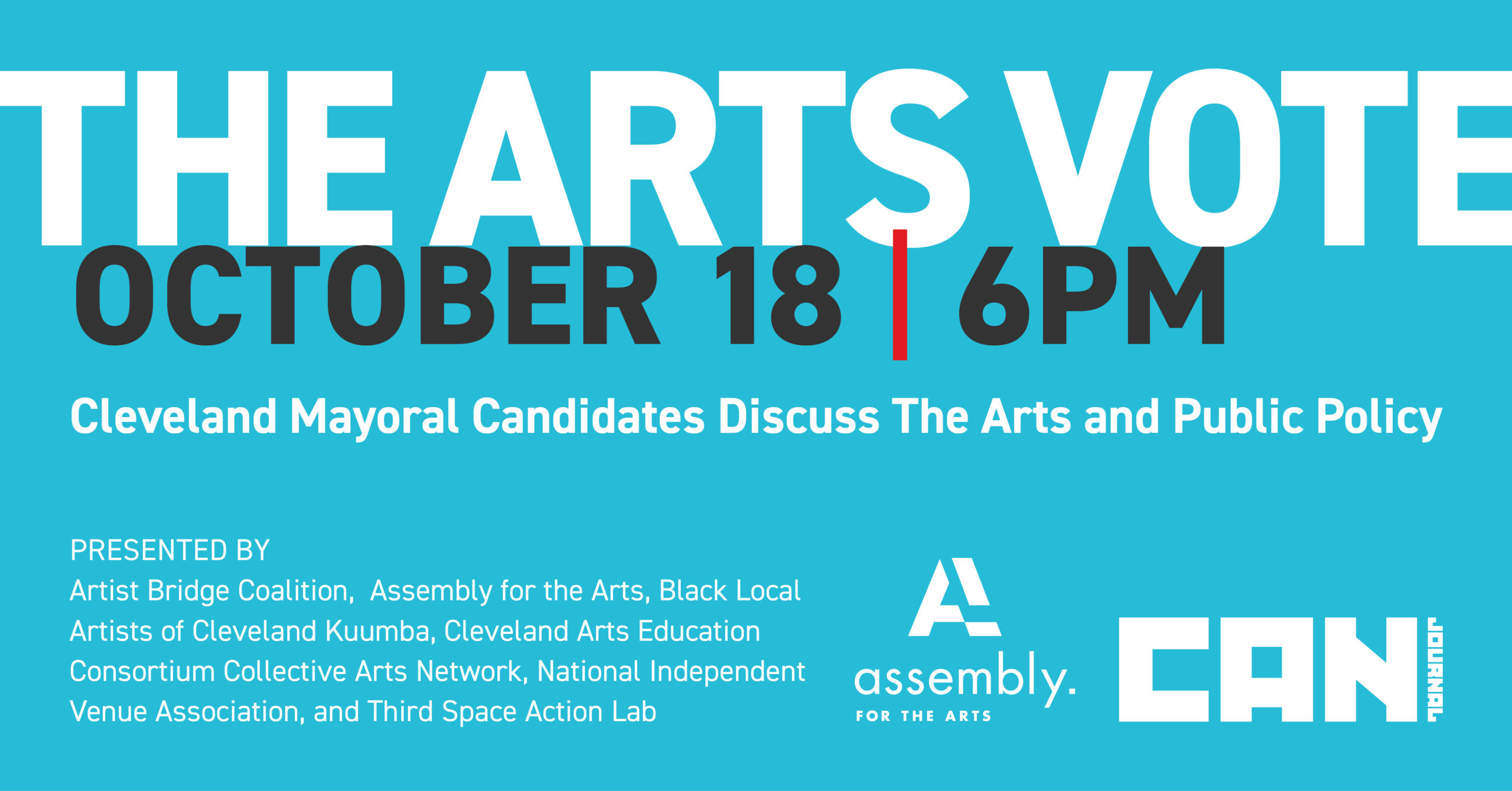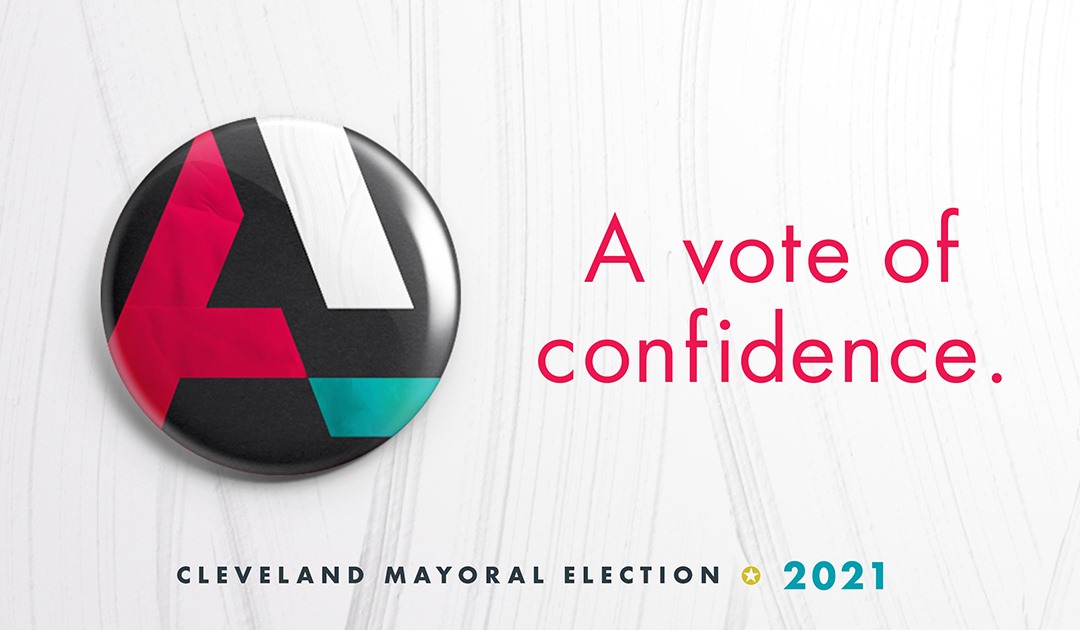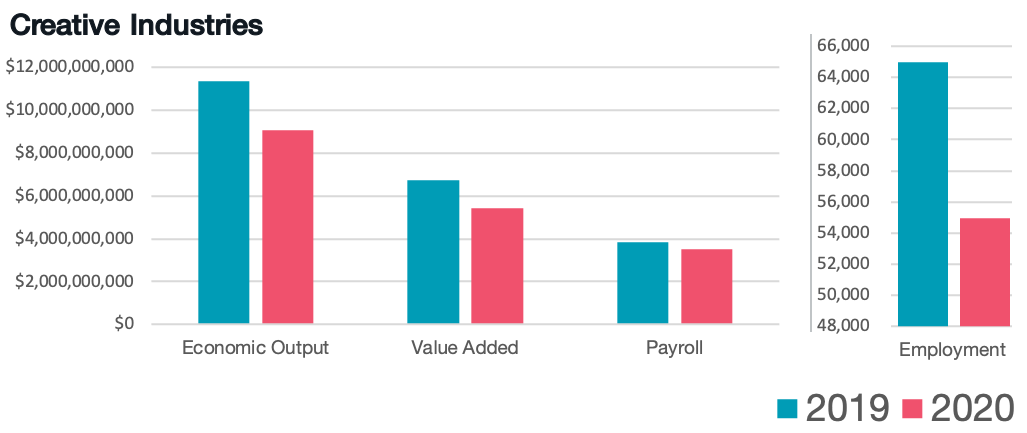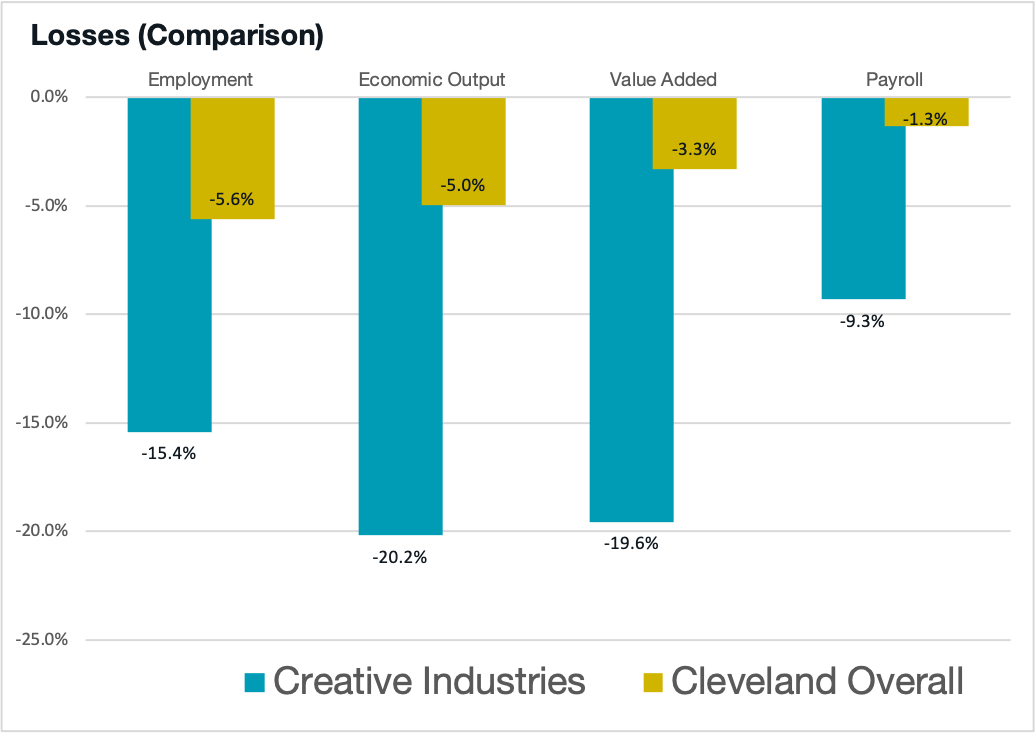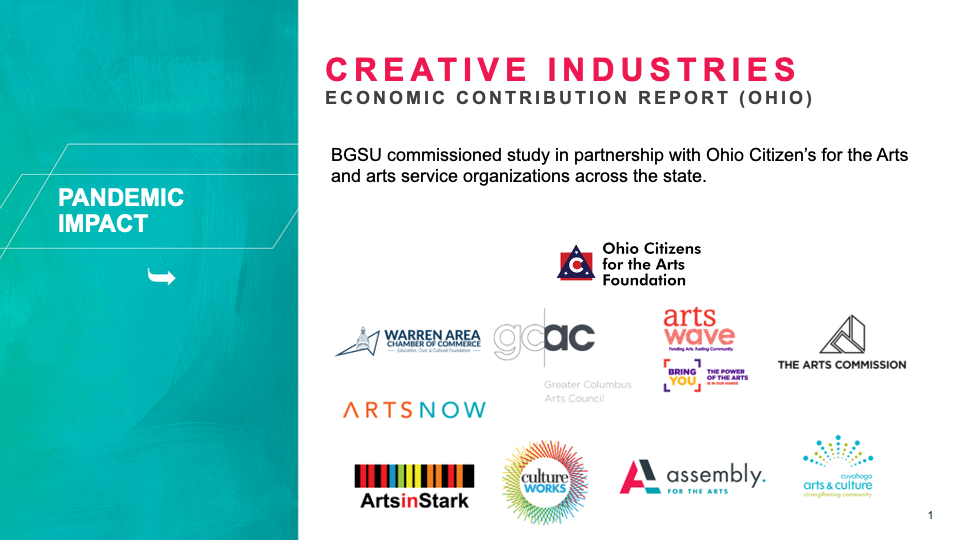Apply now: ARPA funds available for Cleveland artists and businesses
Source: ideastream
Published: August 22, 2022
Abstract:
Cleveland-based Assembly for the Arts has opened applications for American Rescue Plan Act funds. The money comes from a pool of $3.3 million granted last month by Cuyahoga County Council to arts groups. Assembly for the Arts Community Relations Manager Meg Matko said they will hold workshops about the application process beginning next week.
Guidelines - ARPA for Arts
Cuyahoga ARPA for Arts Program | Funding for Individual Artists and Creative Businesses
Cuyahoga County has dedicated $3.3 million in American Rescue Plan Act (ARPA) funding to support Cuyahoga County’s arts and culture sector, which has experienced devastating loss of revenue and jobs as a result of the COVID-19 pandemic.
$1.65 million will be distributed to arts and culture nonprofits through Cuyahoga Arts & Culture. $1.65 million will be distributed to for-profit creative businesses and individual artists through Assembly for the Arts. The funding will provide critical recovery support to Cuyahoga County’s arts and culture communities.
Program Overview
Assembly for the Arts is managing the distribution of $1.65 million in funds earmarked to support Cuyahoga County’s for-profit creative businesses and artists/cultural workers. These funds will be allocated as follows:
| For-Profit Creative Business | $750,750 |
|---|---|
| Artists | $750,750 |
| Administrative costs | $148,500 |
Please note: All costs must comply with any Guidance, Frequently Asked Questions and Answers issued by the federal government or State of Ohio, which includes without limitation, U.S. Treasury, Office of Inspector General, the Ohio Auditor of State, and the Ohio Office of Budget and Management.
Applicants may apply to either the Artist or Business program. Applicants may not apply to or receive funds from both programs.
If you are unsure which program you should apply to, please see eligibility guidelines for definitions and requirements for both programs below.
* Due to limited funds, not all eligible applicants are guaranteed to receive a Cuyahoga ARPA allocation.
Individual Artists
Funding is available for independent, creative professionals that derive income from their art and are:
LOCAL: Reside in Cuyahoga County
PROFESSIONALLY CREATIVE: Have been deriving income from creating, performing, teaching or assisting in the development of work in the disciplines of Craft, Dance, Design, Film, Media, Music, Theater & Performance, Traditional Arts, Visual Art or Writing, prior to March 1, 2020.
Applicants must provide evidence of creative work through sample images and/or electronic files or online information [e.g. websites, social media pages, etc.] indicating, work that has been created within the last five (5) years [e.g. websites, social media pages, etc.]
HAVE LOST INCOME: Lost income, or performance exhibition opportunities due to cancellations and closures after March 1, 2020
GIG WORKERS: Derive income from their creative practice through contract or gig work. Artists must not earn revenue through a registered creative business applying for the ARPA business program
ADULTS: Are at least 18 years old
LEGAL RESIDENTS: Can provide a SSN or tax ID number
- Limited to one application per artist. Duplicate applications will not be accepted
- Artists are ineligible if they:
- Serve in an executive role at a nonprofit applying for ARPA funds through Cuyahoga Arts & Culture
- Own or manage a creative business applying for ARPA funding through Assembly for the Arts
- Are employees, board members, directors, or officers of Assembly for the Arts, Cuyahoga Arts & Culture (CAC) or the Arts and Culture Action Committee (ACAC)
Funding determinations will be made based on the number of eligible applicants and will not exceed $2500.
All applications will be reviewed for funding determination after the September 30, 2022 deadline. Fund allocations will be determined based on a set of criteria including reported percentage income losses between 2019 through 2021 and a points value system that will be based on the following:
- Census Tract Data
- Federal Poverty Guidelines
- Social Determinants / Risk Factors
Census tract data will be collected through reverse residential address search using a verified census tool. Household size and income will be self-reported by applicants and used to determine where each applicant falls within the Federal Poverty Guidelines for 2022 in Ohio.
Social determinants and additional risk factors will be assessed using a series of questions related to financial, medical, food, housing, family and transportation security. *Questions and factors below in Appendix A
Priority will be given to those most impacted by pandemic closures including low-income families, high percentage of income losses due to business closures and individuals who are at greater risk due to having been historically marginalized. Informed by the Grantmakers in the Arts’ “Racial Equity: Statement of Purpose,” these communities include: African and African American; Latino/a; Asian and Asian American; Arab; Native American; Pacific Islander; lesbian, gay, bisexual, queer; transgender and gender variant people; people with disabilities; and women.
Demographic information will not be included in the application and will not be used in making final funding determinations. Assembly will collect this data from those who receive funds through the program and will be used for reporting and program assessment.
- I am worried or concerned that in the next two months I may not have stable housing that I own, rent or stay in as a part of a household.
- Within the past 12 months, I was worried that my food would run out before I got money to buy more.
- I have not been able to travel to work or acquire household or medical essentials because of
distance and/or because I lack access to transportation. - In the past 12 months I have had the electric, gas, oil, or water company threaten to shut off or actually shut off services in my home.
- Problems getting child care make it difficult for me to work or study.
- I do not currently have a job.
- I often or sometimes worry that I don’t have enough money to pay my bills.
- I have experienced discrimination due to my race, ethnicity, gender, sexual orientation, age and/or disability
- My neighborhood has a high rate of violence, unsafe air or water, and/or other health and safety risks.
- I have been unable to seek medical care due to a lack of health insurance.
Addressing the issues of:
- Loss of full-time, part-time or contract-based work due to COVID-19
- Lack of financial safety net
- Unmanageable debt
- High risk or chronic health conditions
- Lack of health insurance
- Living with a disability (physical, invisible, other)
- Financial responsibility for dependents
- Single parent status
- Refugee status
- Lack of access to reliable transportation
- Unstable housing / lack of housing security
- Of a group that experiences health disparities
- Offering creative practice for free due to school and business closures
- Additional costs directly resulting from COVID-19
These funds are to support individuals who are facing economic hardships due to COVID-19 pandemic. Having previously received CARES funding or other Coronavirus federal relief programs does not exclude artists from applying. However, Cuyahoga ARPA for Arts funds may not be used for costs you have incurred as a direct result of the COVID-19 pandemic or related directives or executive orders that have been PREVIOUSLY COVERED by the federal government via prior CARES Act funding or other federal relief programs. Reporting expenses for Cuyahoga ARPA that have been previously covered by other federal relief funding (will or may) result in returning your allocation to the federal government.
These funds may be used for:
- current and new living expenses
- childcare expenses
- rent, equipment and art materials
- other necessary items to maintain your artistic practice and future economic stability through that creative practice.
These funds may not be used for:
- Expenses already covered by previous federal relief funding programs
- Legal settlements
- Workforce bonuses
- Severance pay
- Reimbursements
- Political campaigns or candidates
- Illegal activity
Funded artists will have the option to have their name released publicly as part of the ARPA for Arts funding program and will be required to report to Assembly for the Arts on how funds were spent.
Creative Small Businesses
Funding is available for businesses that are:
LOCAL: Headquartered in Cuyahoga County
IN BUSINESS: Currently in business and have been fully operational prior to March 1, 2020
SMALL: Employ 50 or fewer Full-Time Equivalent (FTE) employees
HAVE LOST REVENUE: Can demonstrate at least a 45% decline in revenue between 2019 and 2021
LEGAL: Registered as a corporation, limited liability company or partnership
EMPLOYERS: Must employ Full Time Employees (FTEs), not contractors only
ARTS SUPPORTIVE: Must support artists through your business model
- Eligible businesses must be able to indicate that a portion of their overall business revenue is consistently dedicated to the support of other creatives and artists. This includes, but is not limited to, things like hiring artists, supporting artists and creatives in the community through programming, paying artists for their work to support your business, offering goods and services that benefit artists or enable them to present their work.
CREATIVE: Must meet a shared definition of Creative Business:
- A for-profit entity which contributes to the Cuyahoga County arts and culture economy through the sale of goods or services that fall within the categories of Craft, Dance, Design, Film, Media, Music, Theater & Performance, Traditional/Folk Arts, Visual Art or Writing.
If you have a question about whether or not your business qualifies as a creative business, please contact Assembly at arpa@assemblycle.org
Having previously received federal CARES Act funding in 2020 does not preclude businesses from applying. However, priority will be given to those businesses who have not previously received CARES Act funding in Cuyahoga County.
- Limited to one application per business/TIN-EIN number.
- Businesses are ineligible if they are
- Publicly-traded
- Multinational
- Currently in receivership or bankruptcy
- The business owner serves in an executive role at a nonprofit applying for ARPA funds through Cuyahoga Arts & Culture
- The business owner is applying for ARPA funds as an Artist through Assembly for the Arts
- Business owner is an employee, board member, director, or officer of Assembly for the Arts, Cuyahoga Arts & Culture (CAC) or Assembly for Action
Eligible businesses will receive up to the maximum funding amount for their budget size:
| Annual Revenue | Max Funding Amount |
|---|---|
| $1,000,000+ | $45,000 |
| $500,000 to $999,999 | $25,000 |
| $100,000 to $499,999 | $10,000 |
| less than $100,000 | $5,000 |
Fund allocations will be determined based on a set of criteria including reported percentage revenue losses between 2019 through 2021. Businesses are required to indicate a 45% decline in revenue based on reported gross revenue from calendar years 2019 through 2021. Businesses are additionally required to report their incurred 2021 expenses. Expense totals will not be used in determining grant size but will be used to validate budget size.
Should the number of businesses applying for ARPA funds exceed the amount of available dollars, funding determinations will be made using a points value system, based on the following:
- Census tract data
- Marginalized group factors
- Previous receipt of CARES funding from Arts Cleveland
These funds are to support small creative for-profit businesses facing economic hardships due to COVID-19 pandemic. Having previously received CARES funding or other Coronavirus federal relief programs does not exclude businesses from applying. However, Cuyahoga ARPA for Arts funds may not be used for costs you have incurred as a direct result of the COVID-19 pandemic or related directives or executive orders that have been PREVIOUSLY COVERED by the federal government via prior CARES Act funding or other federal relief programs. Reporting expenses for Cuyahoga ARPA that have been previously covered by other federal relief funding may result in returning your allocation to the federal government.
This funding may be used for:
- Rent and/or mortgage assistance
- Staff Retention
- Emergency planning/staff training
- Additional security/safety personnel
- PPE Items
- COVID-19 venue upgrades, including purchase of other new equipment or software for safety protocols
- Insurance premiums
- Licenses, fees, real estate and other local taxes
- Utilities
- Existing loans
- Recouping deferred expenses due to cancelled events including artist deposits, ticket refunds, etc.
- Special projects
- Support for artists and creators
Funding may not be used for:
- Unrelated real estate
- Costs previously covered by federal pandemic relief programs
- Legal settlements
- Workforce bonuses
- Severance pay reimbursements
- Political campaigns or candidates
- Illegal activity
Cuyahoga County art communities get big boost from COVID-19 relief funds
Source: Spectrum News1
Date: August 15, 2022
Abstract:
CLEVELEND — While Cuyahoga County Council is still working on how to spend the remaining COVID-19 relief funds allocated to the county, some members of the community are already reaping the benefits of the stimulus money.
Shows may be back, but indie music venues continue to struggle
Source: Crain’s Cleveland Business
Date: August 12, 2022
Abstract:
For independent concert clubs — linchpins of what helped Cleveland garner its identity as “The Rock ‘n’ Roll Capital of the World” — the spring of 2021 was expected to be a turning point after an economy-wracking health crisis.
Become a Member
Join the Movement
Assemble to empower all by creating a more inclusive and equitable arts and culture community. Members are gathering from all artistic disciplines, racial and ethnic backgrounds, and abilities to build a better Greater Cleveland.
Membership helps underwrite our advocacy initiatives, and enables us to make research and educational materials free and available to all. Members are automatically added to the Cadence email newsletter.
Benefits
- Members-only email updates including current cultural policy efforts
- Free or discounted event registration
- Individualized advice and counsel
- Promotional support for events (don’t forget to select Assembly Member when adding your event to ClevelandArtsEvent.com)
- Exclusive access and inclusion in the Membership Directory
- Member Spotlights on ClevelandArtsEvents.com
- Access to Rapid Action Grant
Levels
| Young Professionals and Seniors |
Pay What You Can (recommended $25) |
| Individual | $25 / year |
| Small Group/Biz | $100 / year 5-10 members |
| Organization | $300 / year 11 or more members |
Creative Resources for the Arts
A Top Priority – Strengthening Support for the Region’s Creatives:
When we launched, Assembly was charged with developing new programs and services for artists and organizations to help increase visibility of their work. In the last year, we armed creative businesses, artists and non-profits with tools to help them forge cross-sector connections, expand their knowledge and find opportunities to share their artistic point of view.
Our Workbench Series launched a series of 12 convenings addressing a variety of topics related to the entrepreneurial life cycle of the creative sector, including marketing and business basics, fiscal sponsorship, healthcare, accessibility partnerships, public performance and contracts. The series is such a success, we’ve expanded content in two directions. Creatives Offer Resources for Everyone (CORE) sessions invite creatives to develop their own Workbench sessions. On the other end, Workbox emails are curated about every two weeks to share new opportunities and resources. Assembly also worked with Destination Cleveland and ListenCLE to pay local musicians for street performances and opened busking opportunities during the 2022 NBA All-Star Game events.
In partnership with the Cleveland Leadership Center, Assembly launched its Arts Leadership Residency. The pilot program provides stipends and six business-oriented learning sessions with a racial equity lens to a cohort of over 20 artists, small creative business owners, and nonprofit leaders—the majority of whom are Black, Indigenous, or People of Color (BIPOC). The program is supported by the Entrepreneur in Residence program powered by Huntington, the George Gund Foundation and the Ohio Arts Council. Recipients of the residency will be announced later in 2022.
Assembly supported nine fiscal sponsorships in its first year. Our fiscal sponsorship program opens access to foundation and donor funds that solely fund tax-exempt organizations. Collectively, the community projects raised over $159k. We plan to double the number of fiscal sponsorships we support over the next year, specifically for BIPOC-owned or led nonprofits and businesses, and those managed by and serving individuals with disabilities.
Racial Equity
Uniting the Community through Equity-Focused Work:
From the outset, inclusion and racial equity were woven into the fabric of Assembly. Our Board of Directors intentionally reflects our region’s multifaceted residents and organizations.
Increasing equity within the arts and culture sector is among the most challenging work. Our equity efforts have been explicitly strengthened with funding from key foundations—The Cleveland Foundation, The George Gund Foundation, The Chuck and Char Fowler Family Foundation and other generous supporters.
Assembly prioritizes forming connections between staff and communities of color—from the Black Local Artists of Cleveland-Kuumba to the programmers at Julia de Burgos Cultural Arts Center. We’re elevating local BIPOC arts collectives through fiscal sponsorship and the Arts Leadership Residency.
We have engaged Equius Group to help us survey Greater Cleveland’s landscape, establish metrics, and execute deliverables in the third quarter of 2022. We look forward to updating you on this work as it unfolds.
As part of our internal equity practices, Assembly is participating in the Stand Against Racism Challenge by the YWCA Greater Cleveland, having set dedicated time for learning and reflection about social, systemic, and institutional racial inequity into our staff meetings.
One of Assembly’s foundational goals is to “Redress the systemic racism in the arts and culture sector through more equitable allocation of funding and resources to historically under resourced artists and organizations.”
Activism
Engaging Community Leaders in Critical Conversations:
When Cleveland received $511 million in American Rescue Plan Act funds, Assembly activated the artist community to demonstrate why they should receive $10 million in rescue funds – or just 2% for the arts. Our “Artists for ARPA” postcard campaign showcased the work of 18 artists from Cleveland’s wards to garner City Council support for 2% for the arts. Assembly held in-person postcard writing events at the Happy Dog Cleveland and the other at Sankofa Fine Art Plus. On March 28, 2022, a coalition of the creative sector delivered 500 postcards to Cleveland City Hall.
In June 2022, City Council President Blaine Griffin announced he included $5 million for arts and culture in his budget proposal. Mayor Bibb adopted the recommendation to deploy $10M in ARPA funds for arts in Cleveland neighborhoods. Assembly, with its partner CAC, will continue to reinforce the importance of the creative sector to City Council and the Mayor’s office to bring our city ARPA request across the finish line.
Thanks to Rainey Institute, Collective Arts Network (CAN), YARDS Project and Future Ink Graphics (FIG) for their support of the postcard writing campaign.
Postcard Writing Parties
American Rescue Plan Act | All Posts
Local & State Advocacy
Championing Public Investment in the Creative Sector:
Our first year of work coincided with one of the worst economic periods for the region’s creative sector because of the COVID-19 pandemic. Assembly mobilized community partners to plead the case for American Rescue Plan Act funds with Cuyahoga County and City of Cleveland government.
Thanks to the advocacy of the Assembly board and the partnership of Cuyahoga Arts & Culture (CAC), Cuyahoga County Executive Armond Budish and Cuyahoga County Council President Pernel Jones jointly committed to $3.3M in ARPA funds for arts and culture. Approved by Council in July 2022, Assembly and CAC will split the $3.3 million equally and will establish processes to equitably distribute the funds to the for-profit and non-profit creative economy and artists.
During 2021’s Cleveland Mayoral Election, Assembly engaged with candidates to ensure arts and culture was represented in public debates. Assembly also partnered with CAN Journal to launch a candidate survey on their policy vision for arts and culture.
When Cleveland Mayor Justin Bibb took office in January 2022, Assembly set out to build relationships with the new mayor and his administration to elevate arts and culture in the public agenda. In the Fall of 2021, Assembly held multiple forums with artist coalitions, creative businesses, and nonprofits to develop a set of arts-informed recommendations for the new administration. One of our many recommendations was to establish an arts liaison at City Hall to drive a strategic cultural agenda. The Mayor’s Chief Strategy Officer Bradford Davy confirmed that an appointment of an arts leader/liaison will be forthcoming.
Data are vital to demonstrate the creative sector’s impact when we speak with public officials. We partnered with Ohio Citizens for the Arts (OCA) and Cuyahoga Arts & Culture, along with six other regional arts councils, and Bowling Green State University’s Center for Regional Development on a study about the Cleveland creative industry’s economic contribution.
The results were sobering and clear: the creative sector in Cleveland is an economic powerhouse, which generated more than $6.7 billion in economic output in 2019 – and the COVID-19 pandemic decimated the industry, which has yet to rebound.

